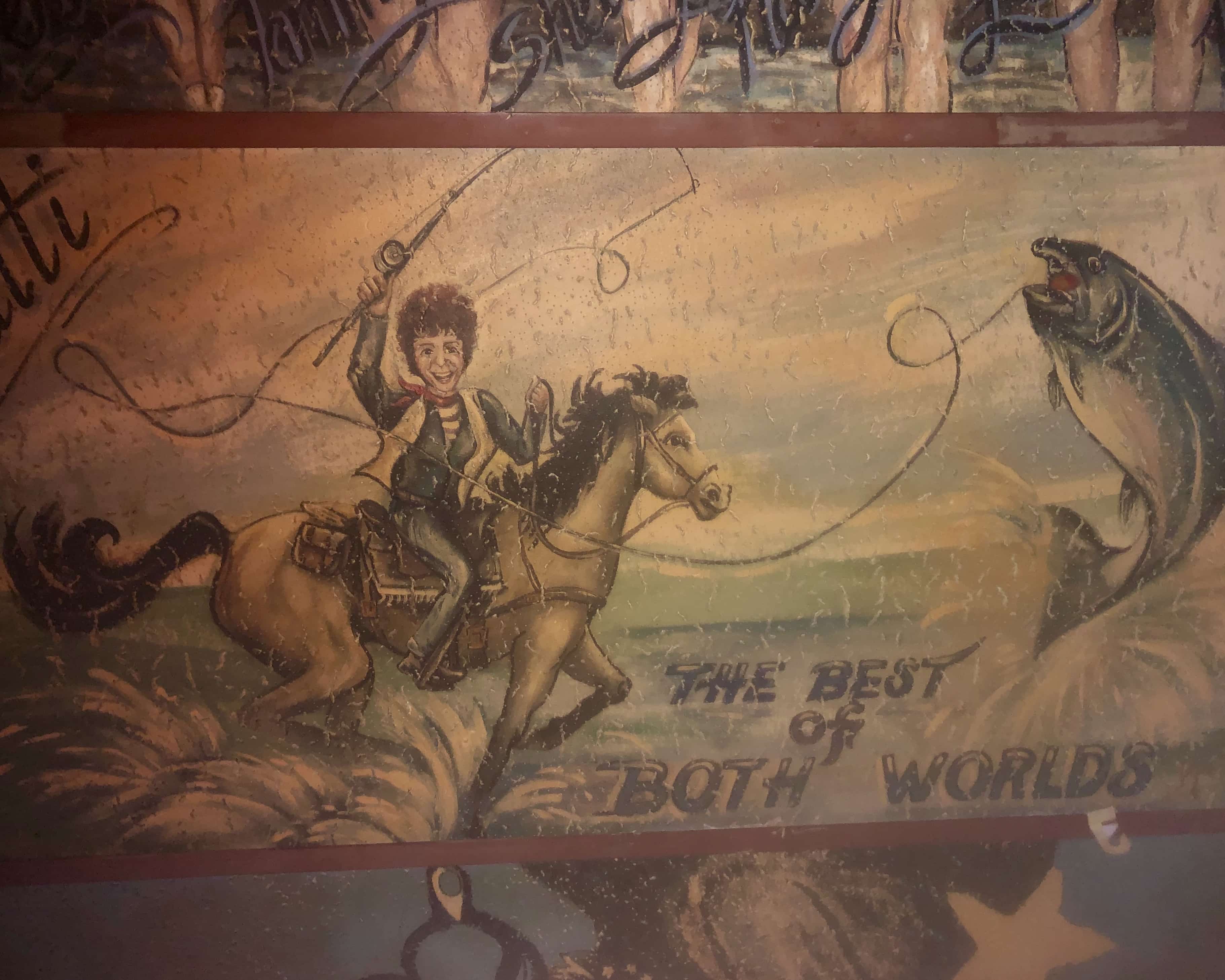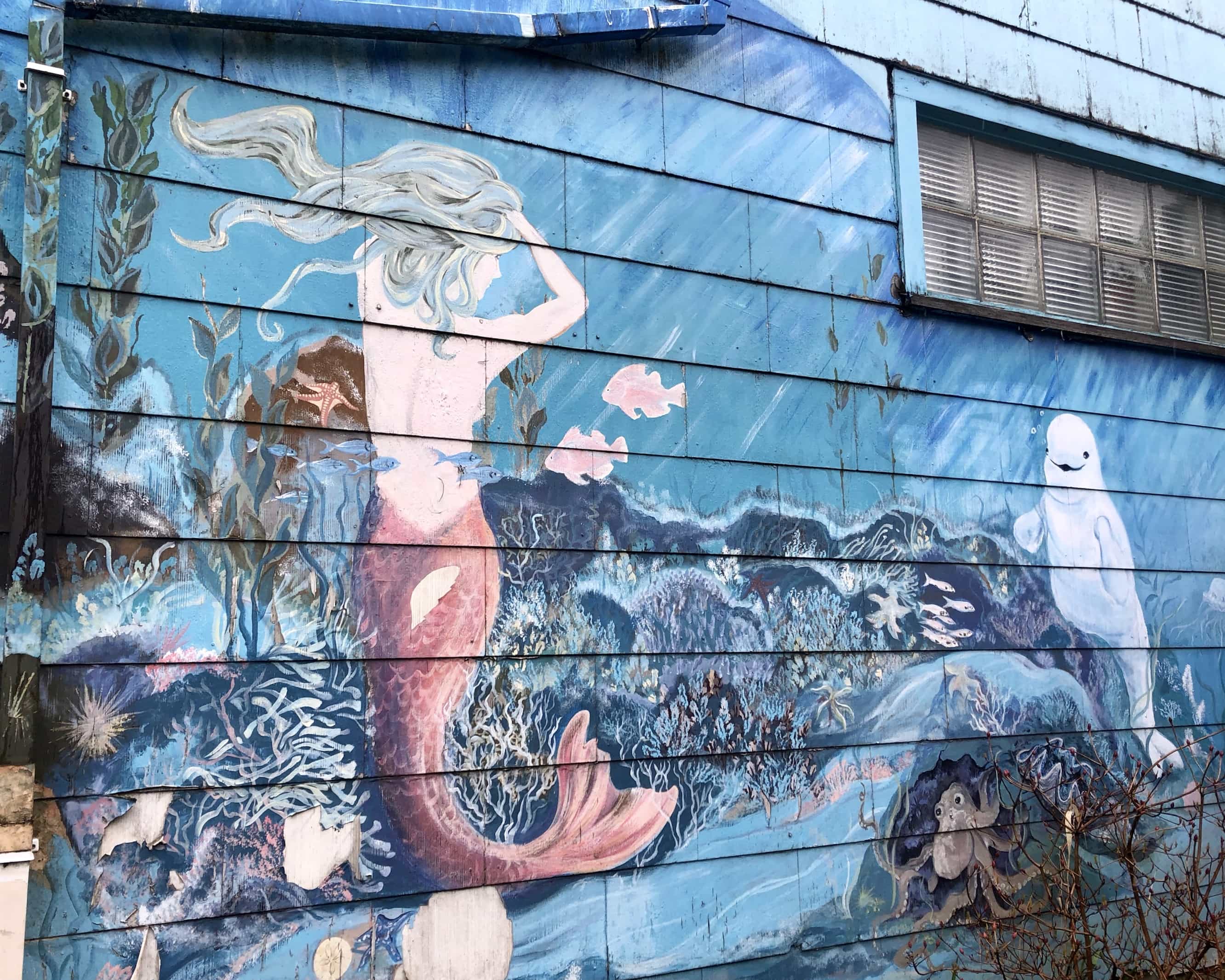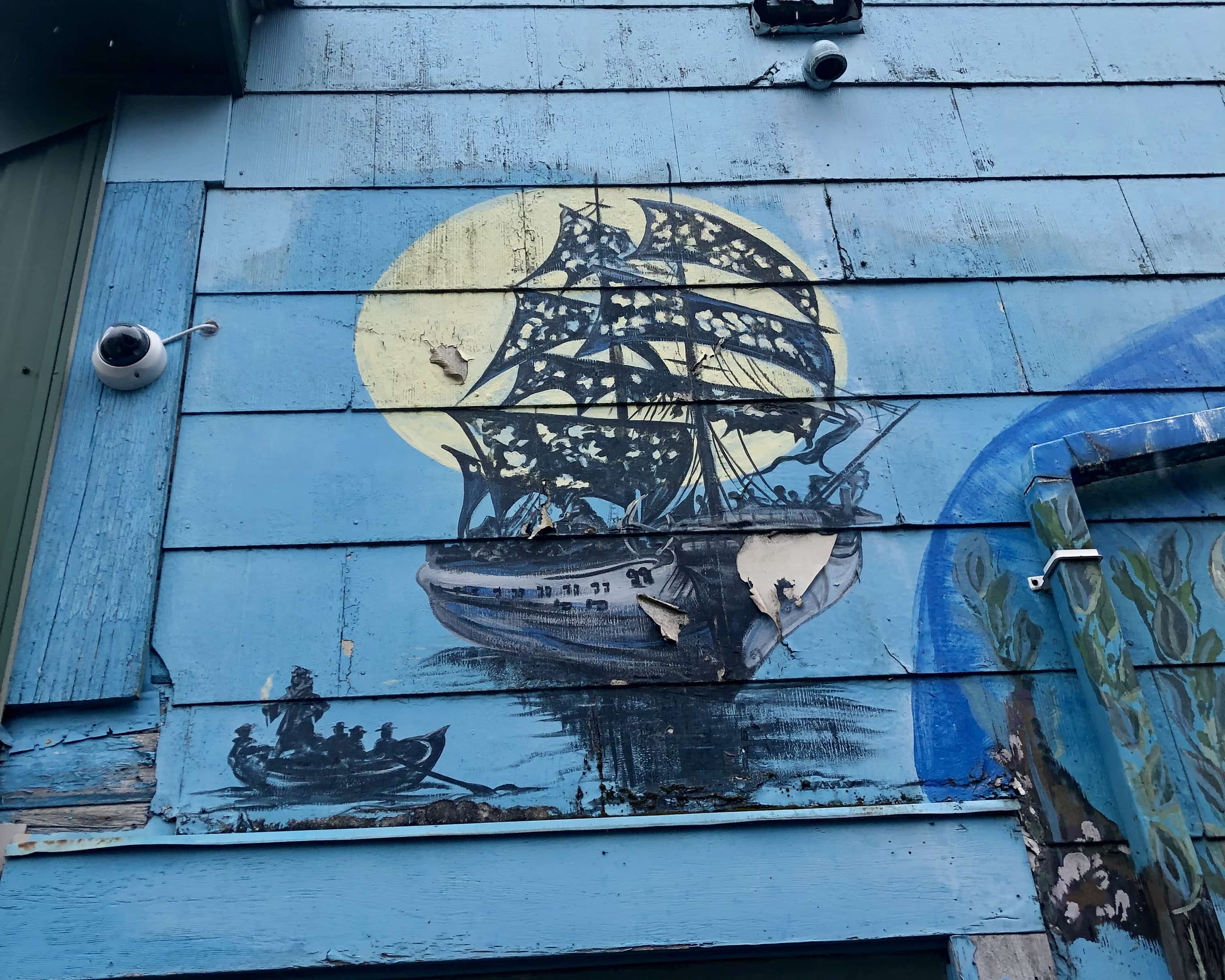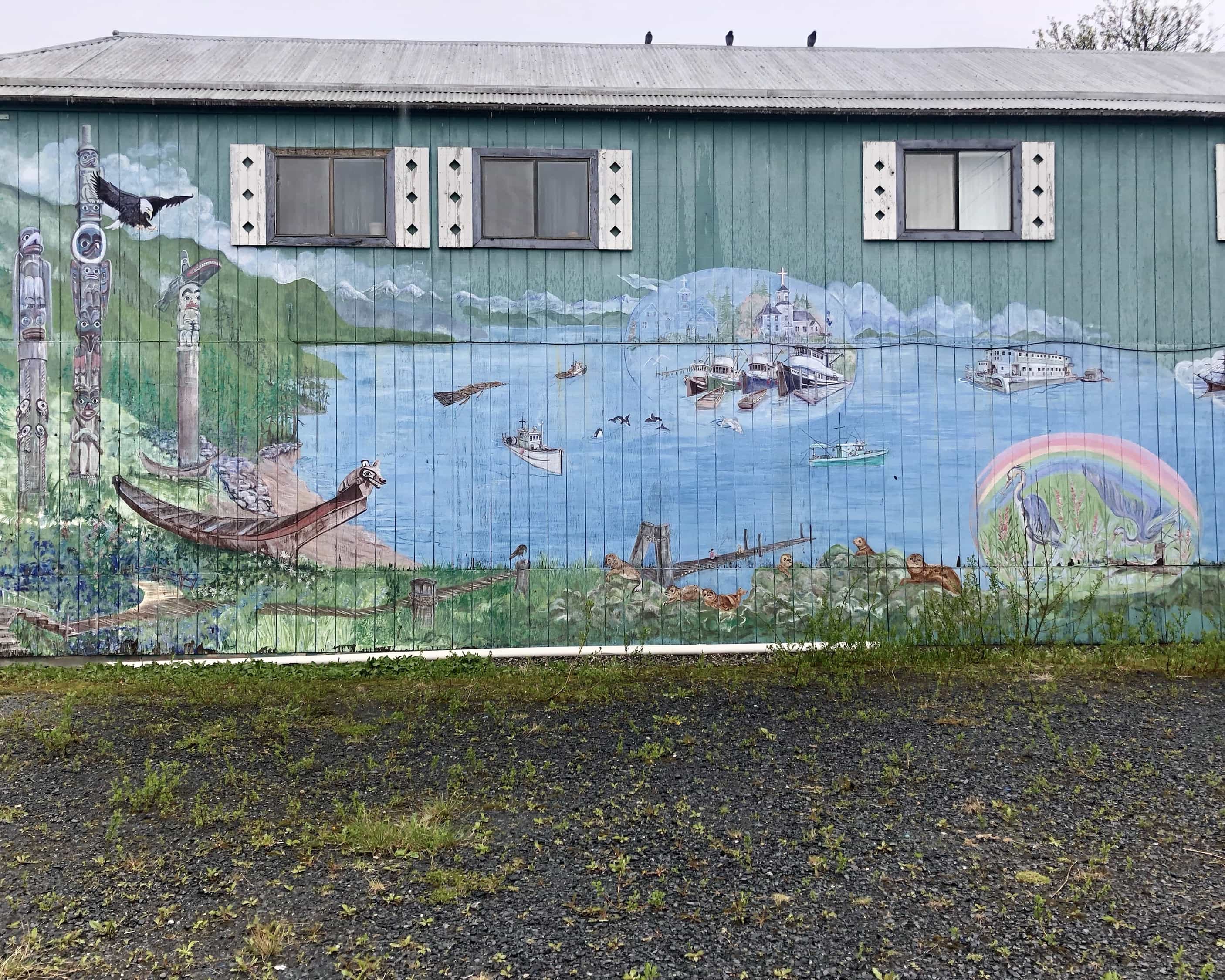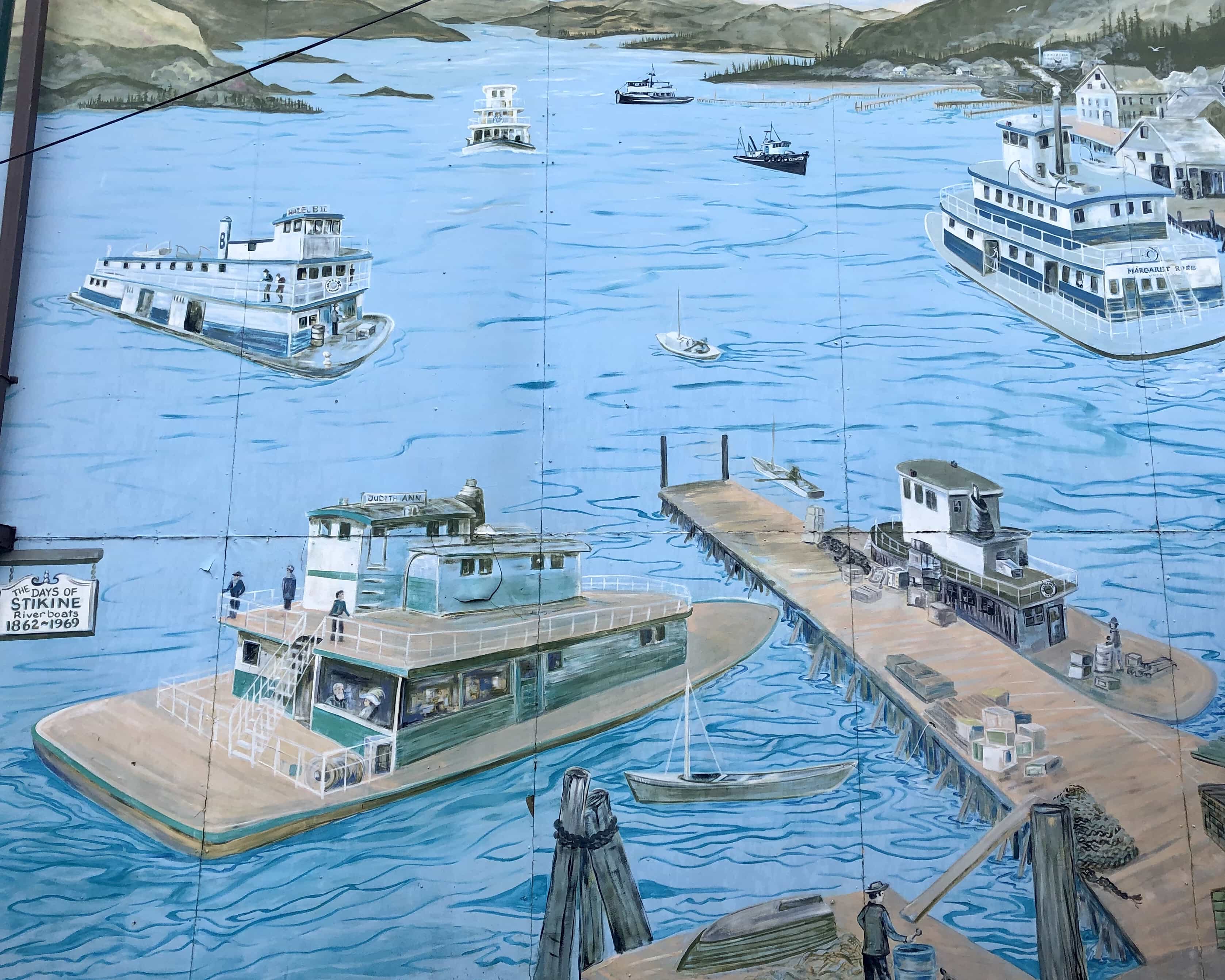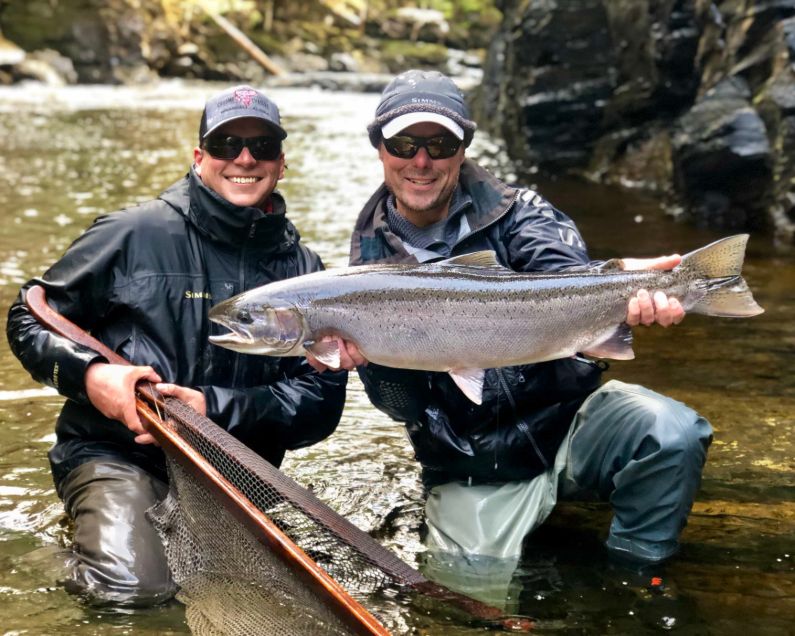The Journey
What can I say about fishing in Alaska that hasn’t already been said? Nothing really – so here are some adjectives that work well so I can move on – wild, wondrous, unforgiving, unforgettable. If you pride yourself as a passionate angler that has a penchant for exploration – no matter where you go in Alaska, I’m sure it will not disappoint.
Of course the fishing was excellent on our trip and of course the scenery was amazing. That’s almost expected when you visit the frontier. What wasn’t expected was the friends we made, the food we ate, the stories shared, and the plans established for the future.
As I talked about in the article discussing my quest to fish 50 states before turning 50, this journey has become more about the people than the fishing. Why? Because chances are, if you travel to fish, you’ll see something memorable and you’ll catch at least a few fish. It’s almost a given. What you can’t bank on, and what I find infinitely more intriguing, are the people who share my passion for angling so much that they’ve dedicated their lives to sharing it with others.
Layover in Seattle
Janice and I had a layover in Seattle, WA before heading north. If you’re flying from the east, you’ll ilkely have to do the same. It’s worth getting out and exploring the city.

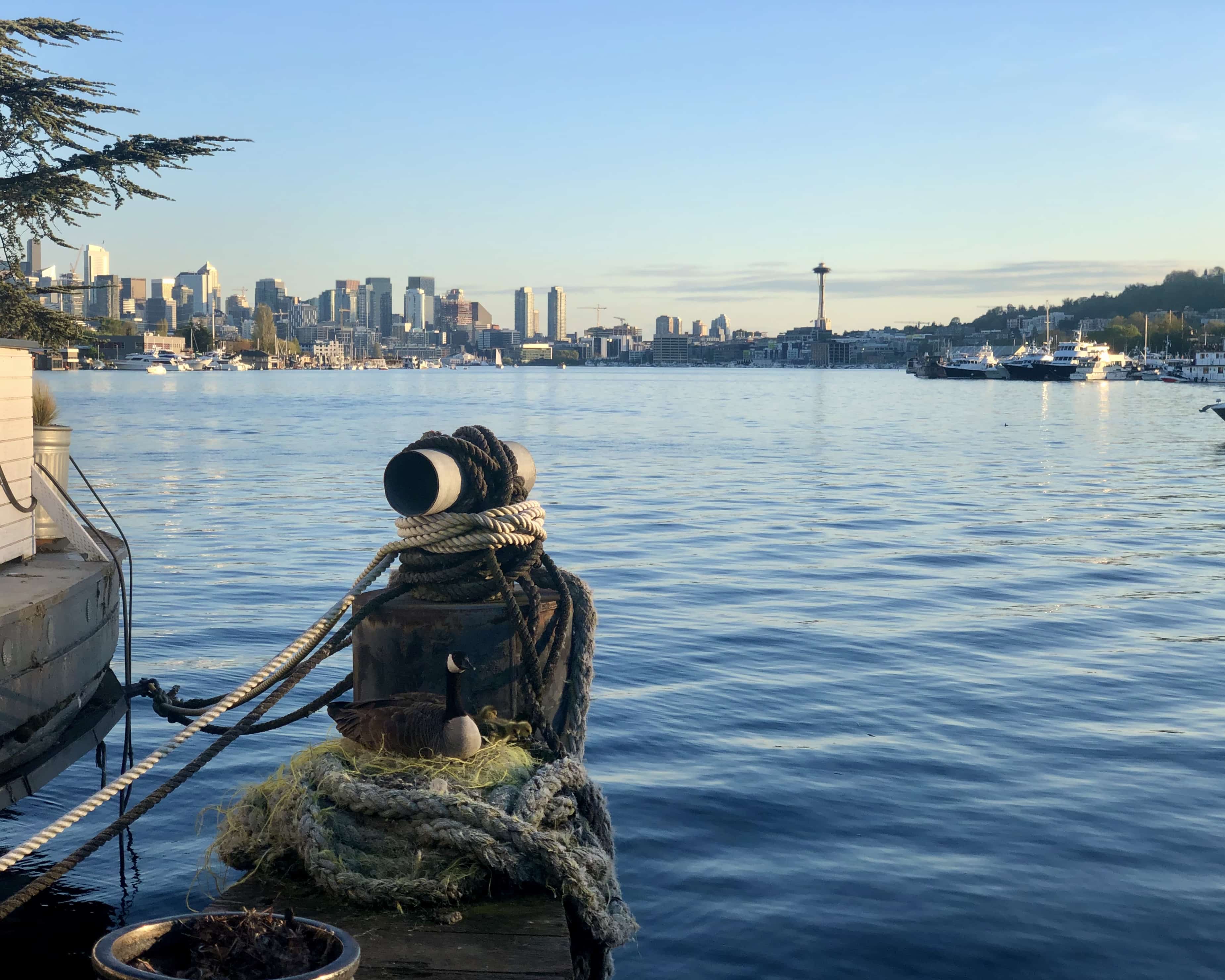
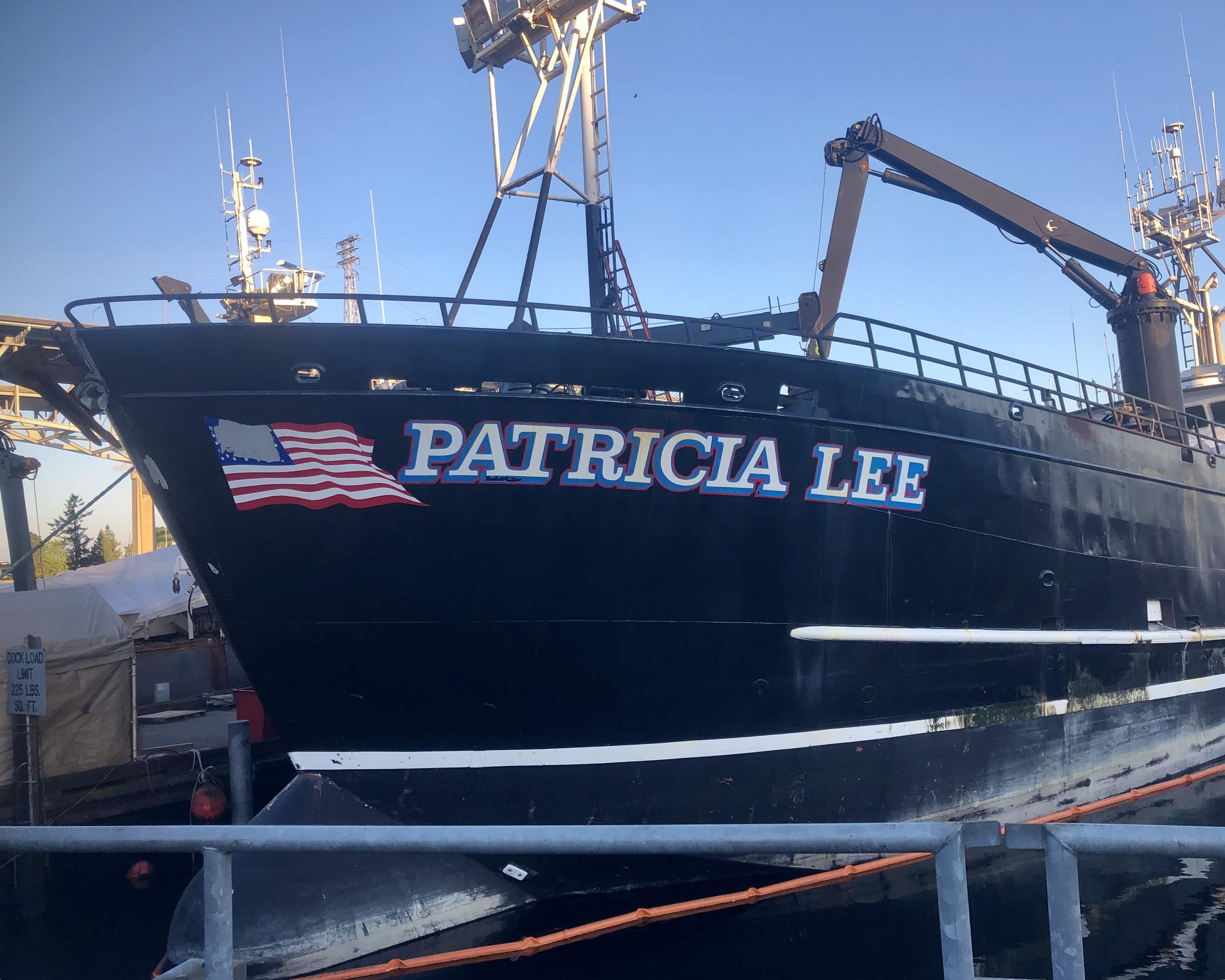
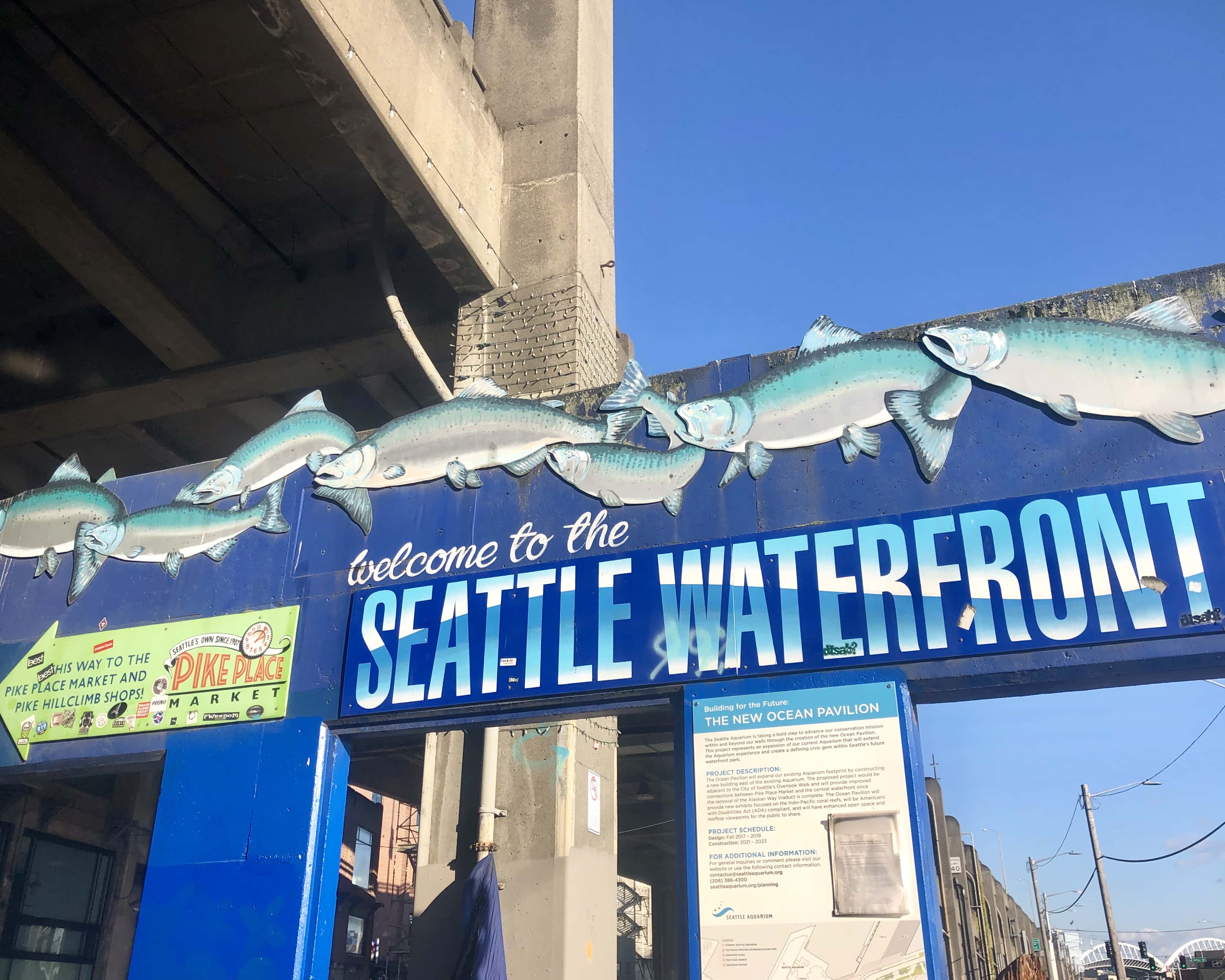


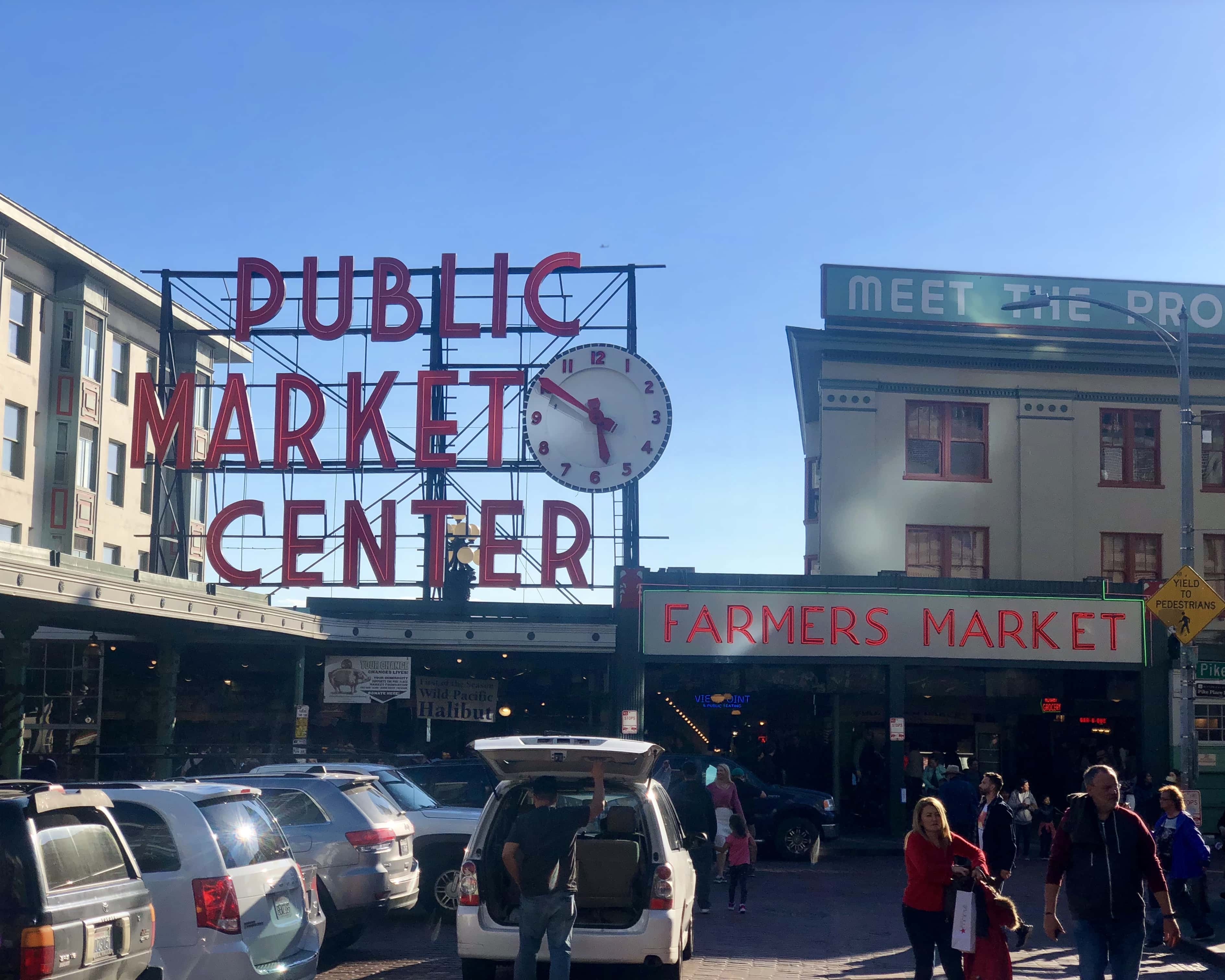
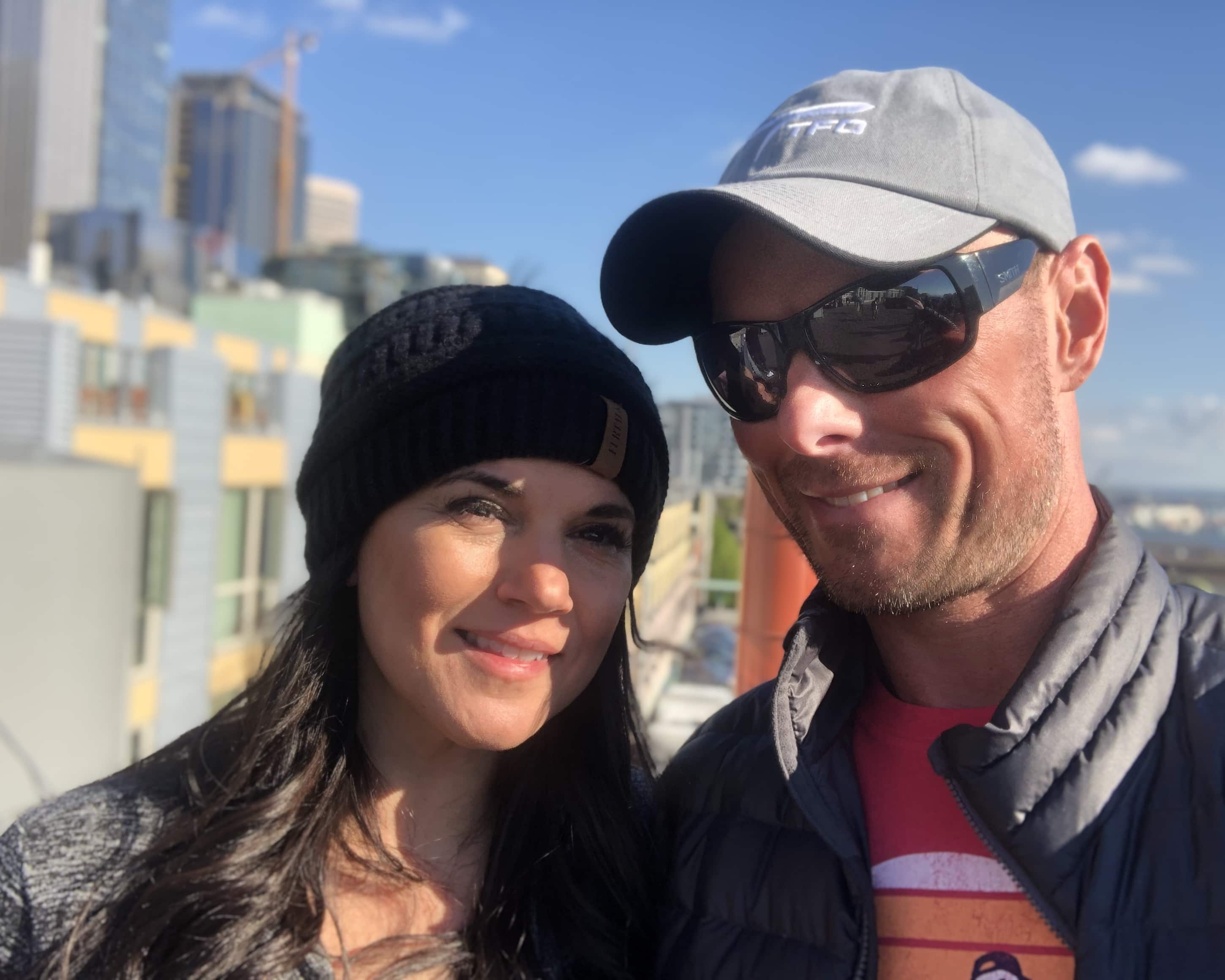

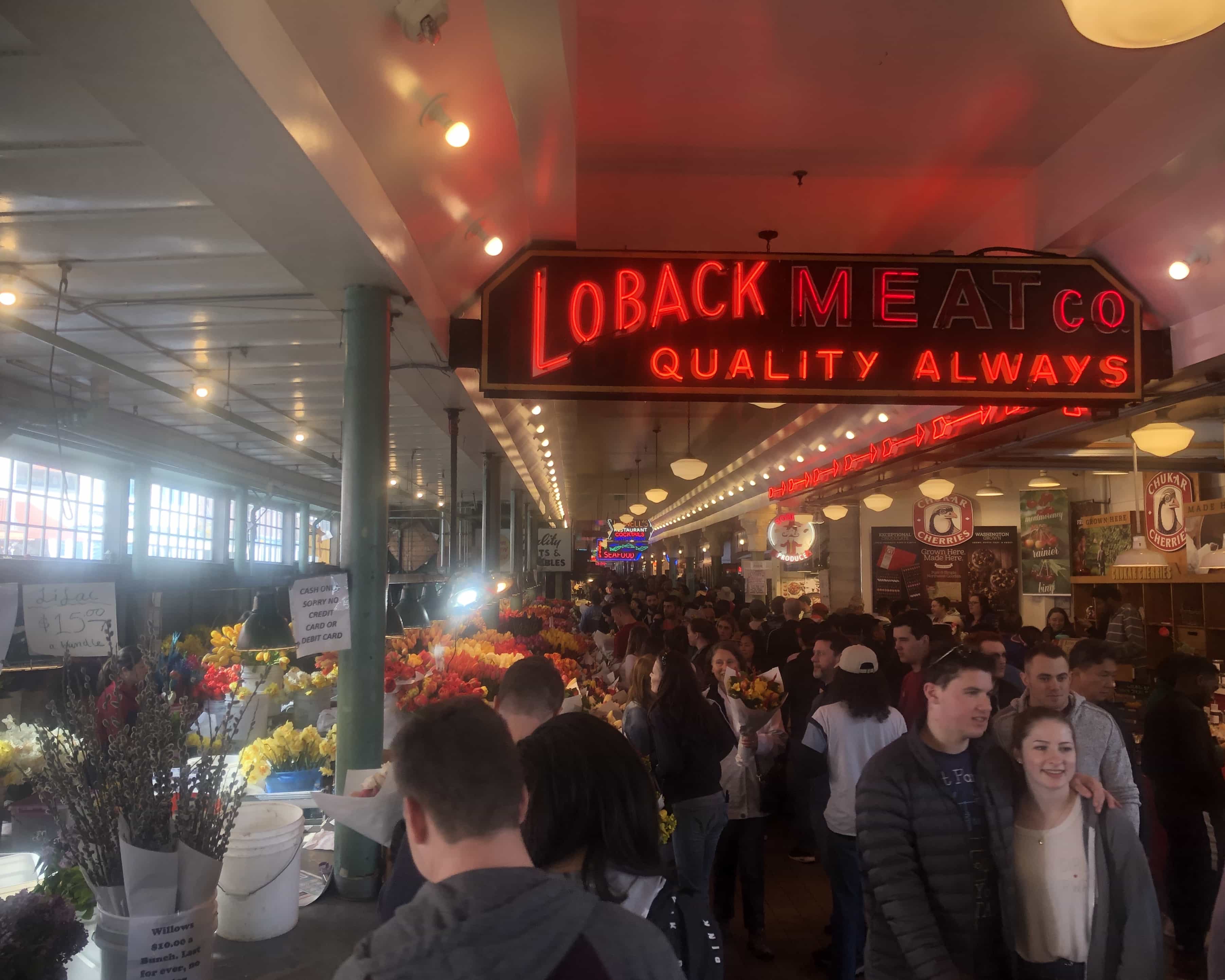
The Back Story
Quite a few years ago, when we were stationed in Quantico, VA, I saw a show on the world fishing network that featured fly fishing for steelhead in a rainforest in Alaska. The fishery had everything I look for in a destination trip – rugged terrain, native fish that in all likelihood have never seen a human, and difficult to reach.
For whatever reason, that show stayed lodged in my memory as a place I’d visit when the time and my bank account was right. Last summer, those conditions lined up and I started doing some research. I started where everyone else starts – google. I typed in, “Alaska rainforest steelhead fishing,” and Chrome Chasers came up.
I have to be honest – their site was just informative enough to recapture my intrigue. They had very limited social media presence. The pictures and the videos – the ones I saw all those years ago – were there alright and that closed the deal.
All I could think was that if the program is still alive and well, maybe they’re so booked via word of mouth that they had little reason to hype it up. Maybe they didn’t want the attention as what they were guiding (and guarding) was something special and worth keeping under the radar. I was right – as the pictures will show.
The Chrome Chasers Team
When I first contacted Chrome Chasers, I was immediately impressed and intrigued. In addition to their professionalism – which is my minimum expectation of a guiding outfit – I noticed they were focused on my abilities. Angling, wading, physical fitness, etc. – the questions they posed were clearly an effort to determine if inquiring clients could enjoy (survive, endure, etc.) their program. I passed the test.
Upon linking up with the team and arriving at their lodge, I was also struck by their camaraderie. They are a family owned and operated organization who make you feel part of it the moment you arrive. From showing you around the lodge to ensuring you are well fed to getting to know you, my wife and I knew right away it was going to be an awesome week.
Rick, Dori, and Jeff Matney as well as Jake Grzyp are the team. All of them are as close as a tight knit family can be. All of them have spent over a decade hunting, trapping, and fishing this remote corner of Alaska. Their knowledge of every little slice of the area was incredible. All of them could talk about every pool and run in every river as if they were there looking at it. In short, we were in excellent hands.
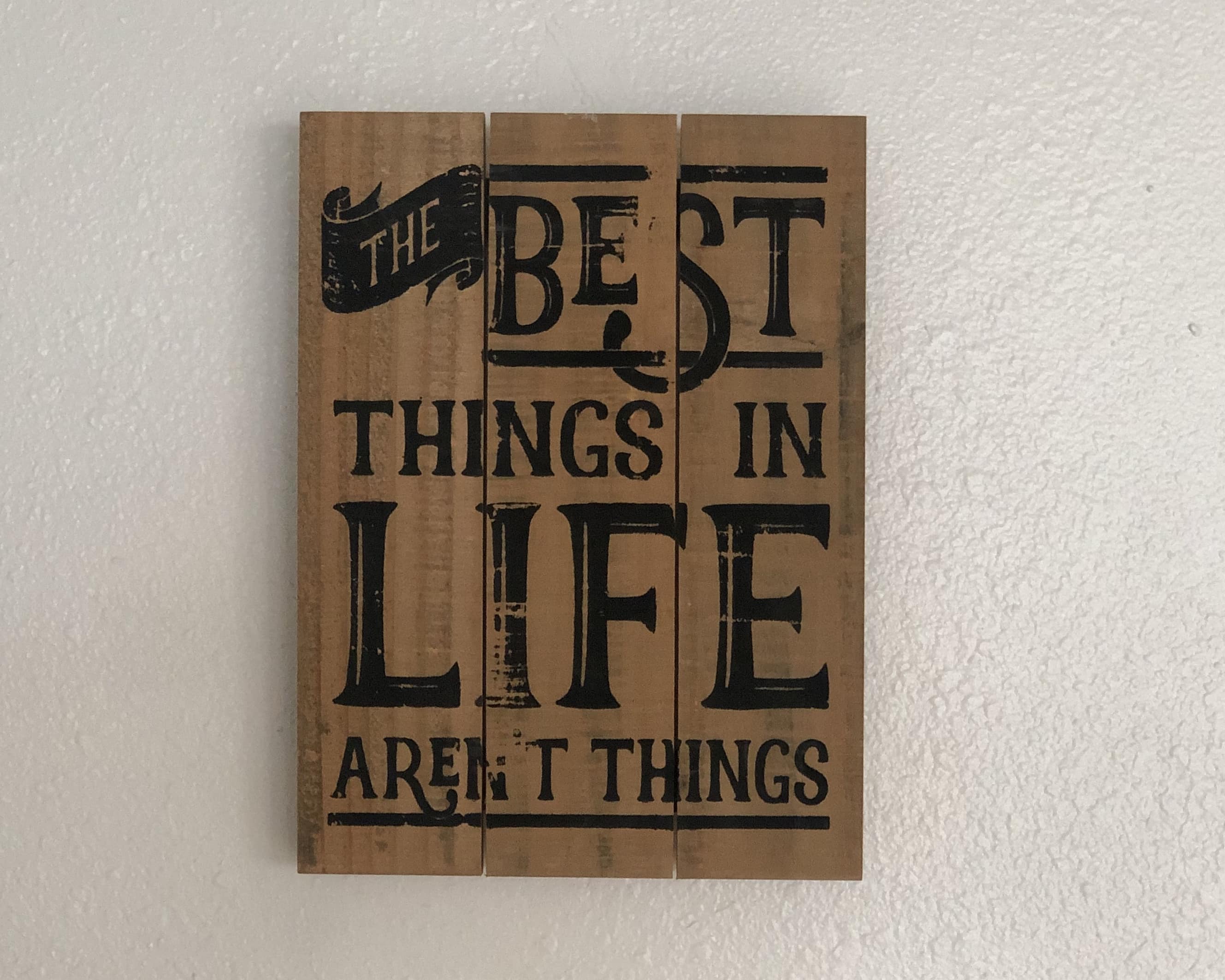
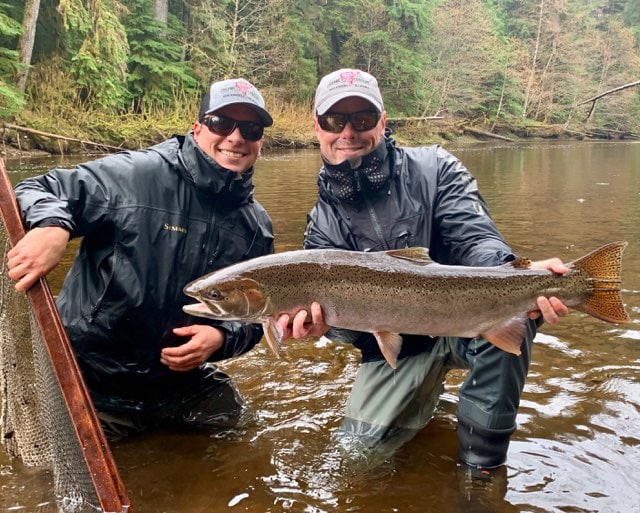
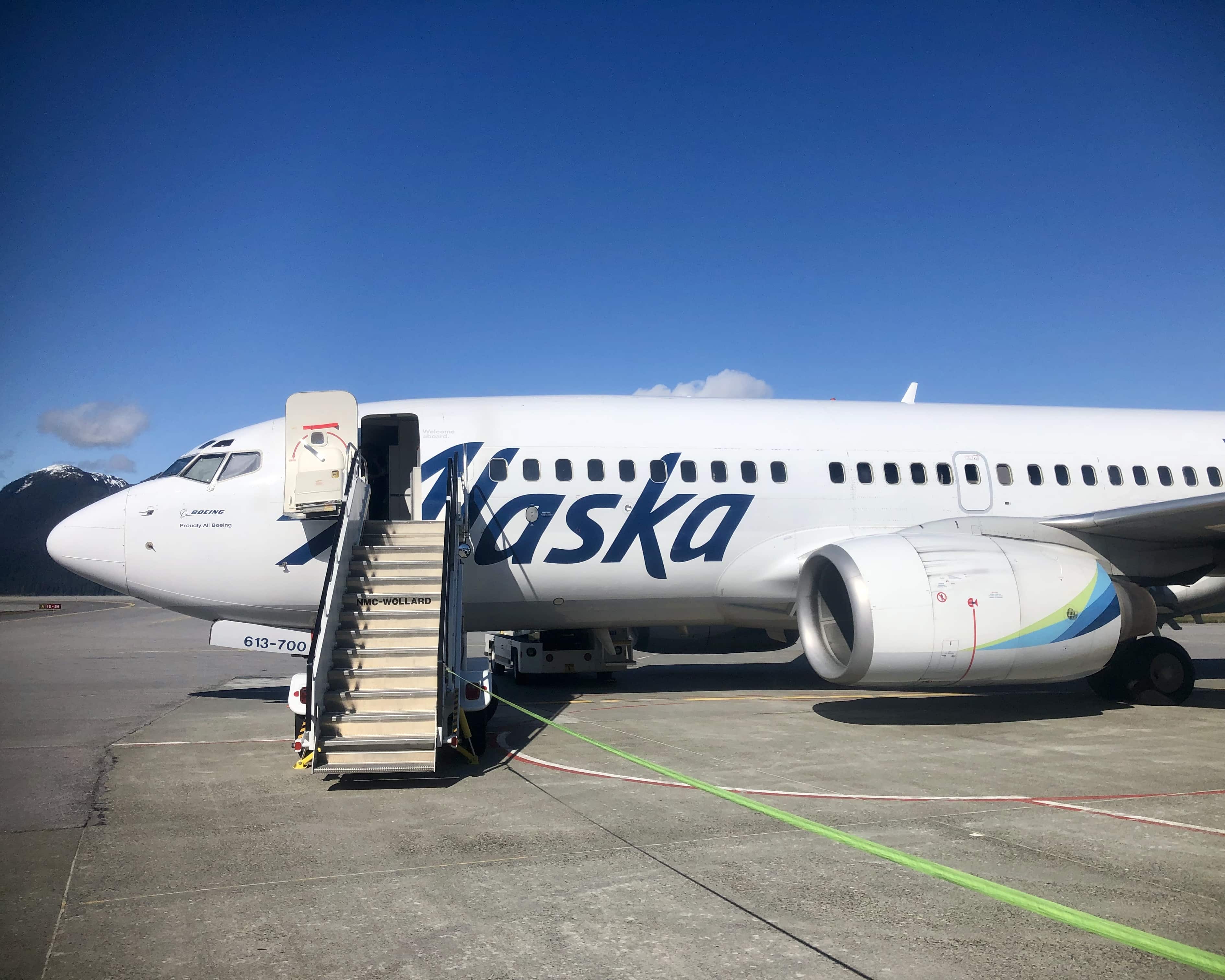
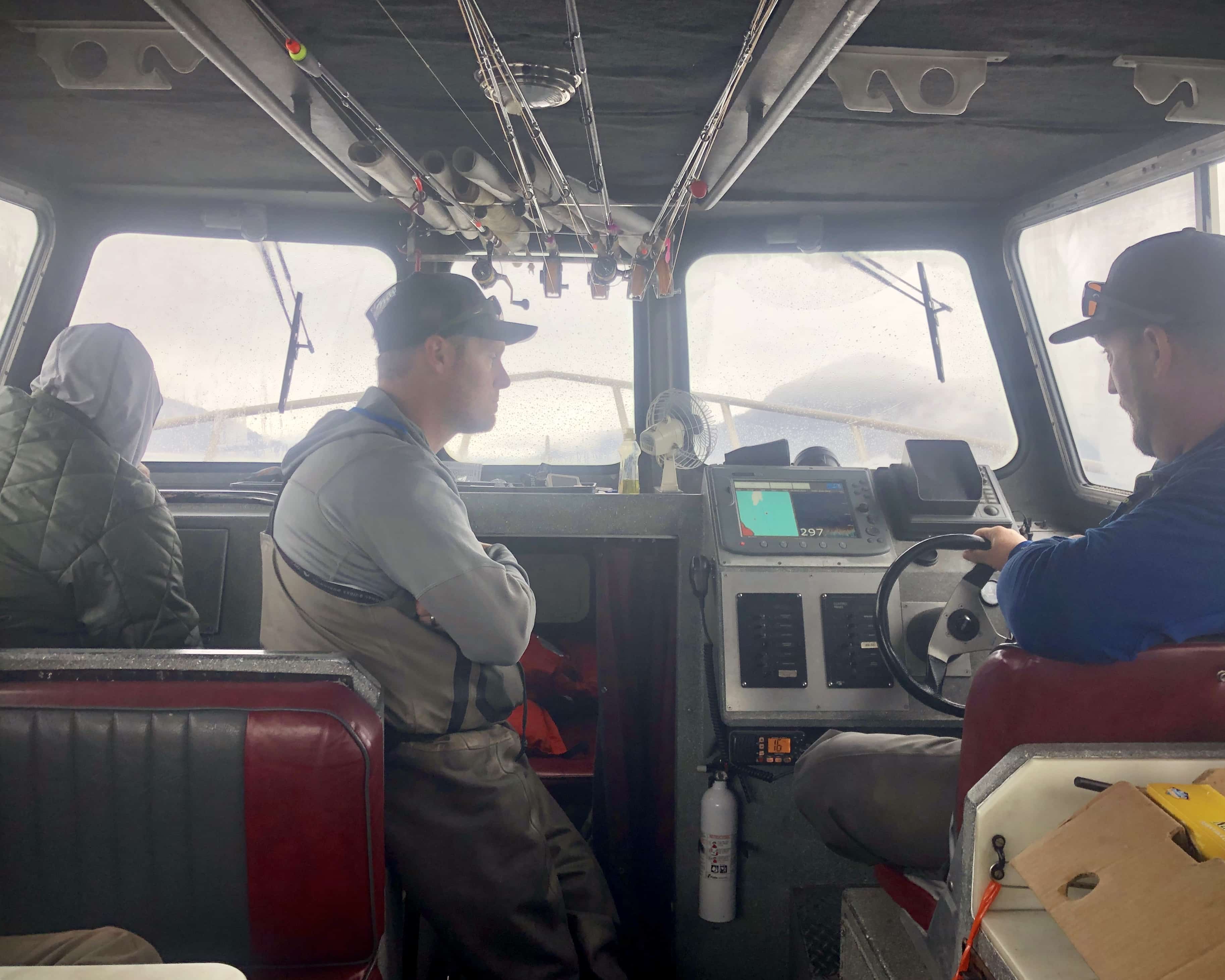
The Food
As I’ve gotten older and wiser, I’ve recognized that sustenance on an extended trip is essential for sustainability and survivability. Good food = high morale = the ability to give it your all on the water every day. Everyone on the Chrome Chasers team is an expert chef. Sure, I can be verbose at times, but I don’t have a good way to describe the excellence of their cooking ability.
Every meal was a culinary adventure. We hadn’t eaten that well in years and everything was fresh from the sea. We harvested dungeness crabs and shrimp daily and the team prepared it a different way every time. Axis deer harvested from Rick’s hunts in HI also made it on the menu as did several insanely delicious desserts. Although the fishing involved some of the most strenuous hiking and wading we’ve ever experienced, the menu kept us motivated and ready for the next day.
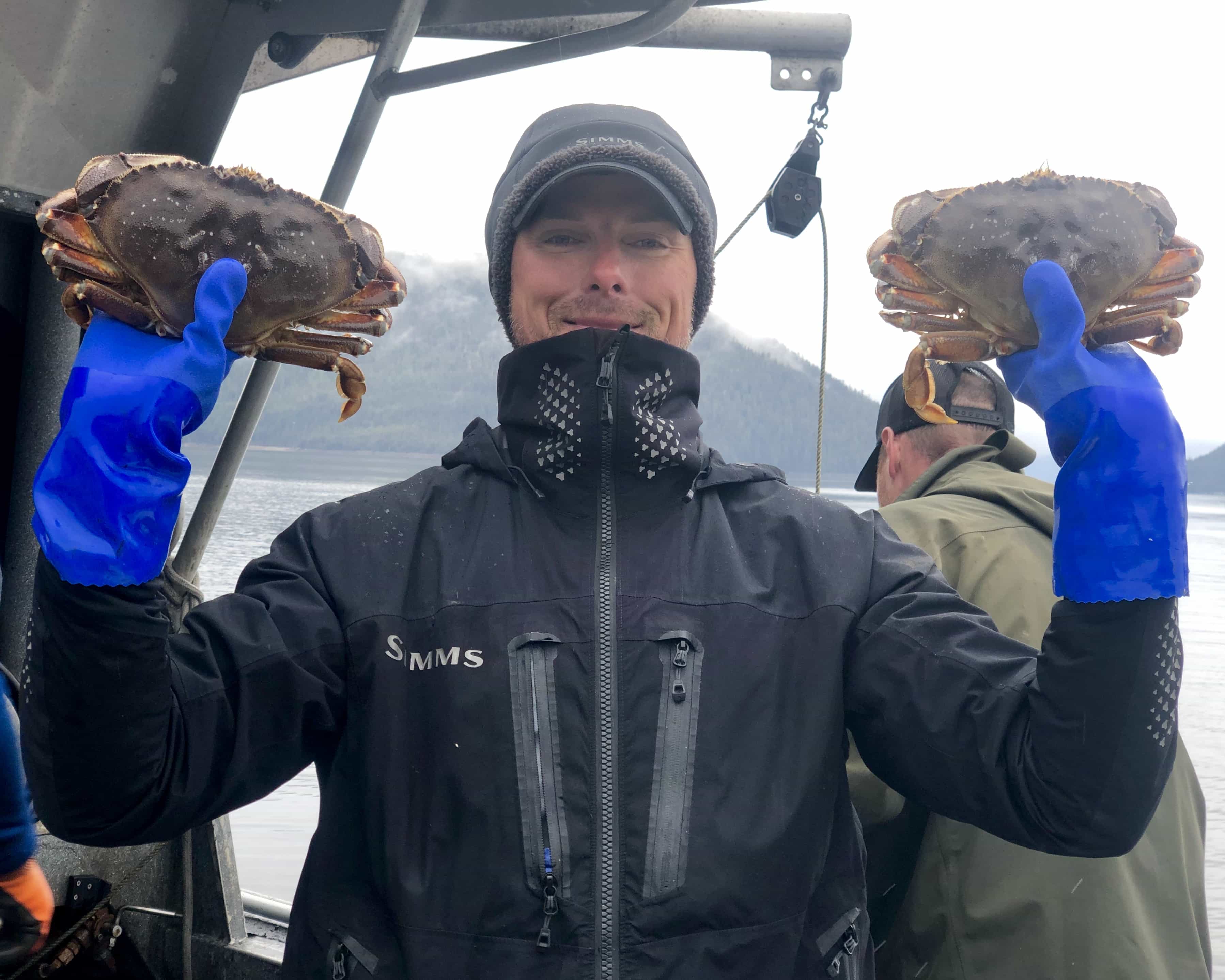
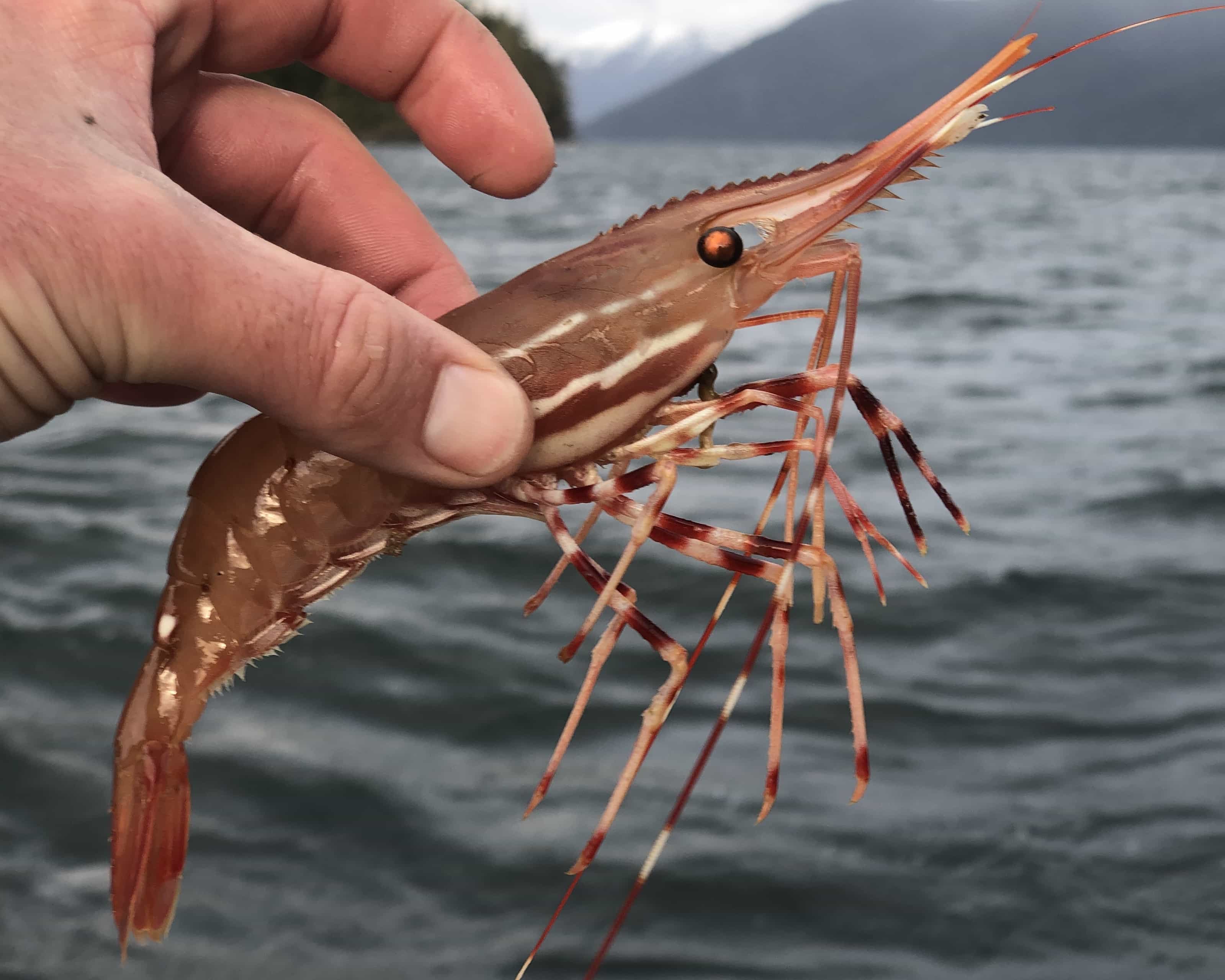
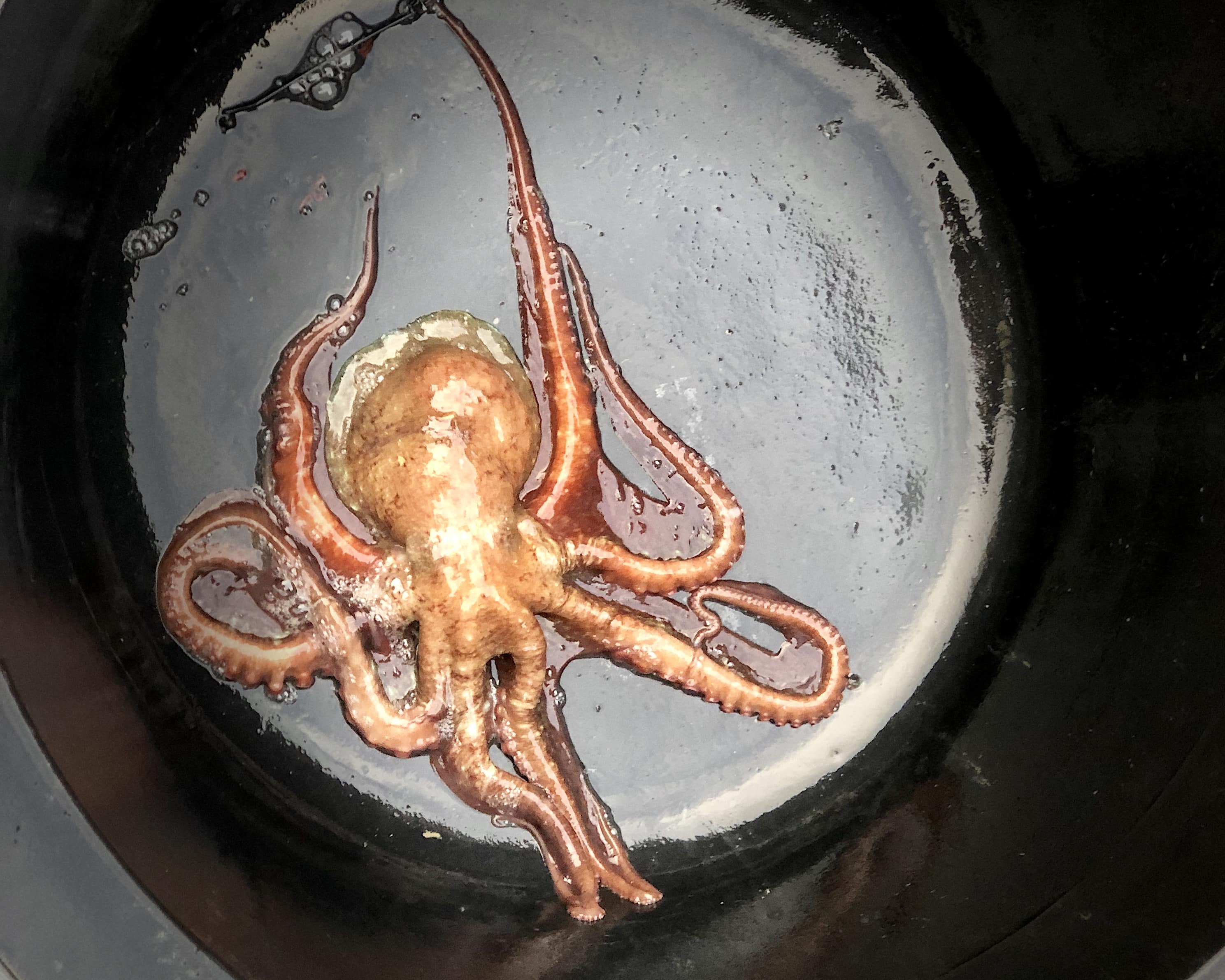
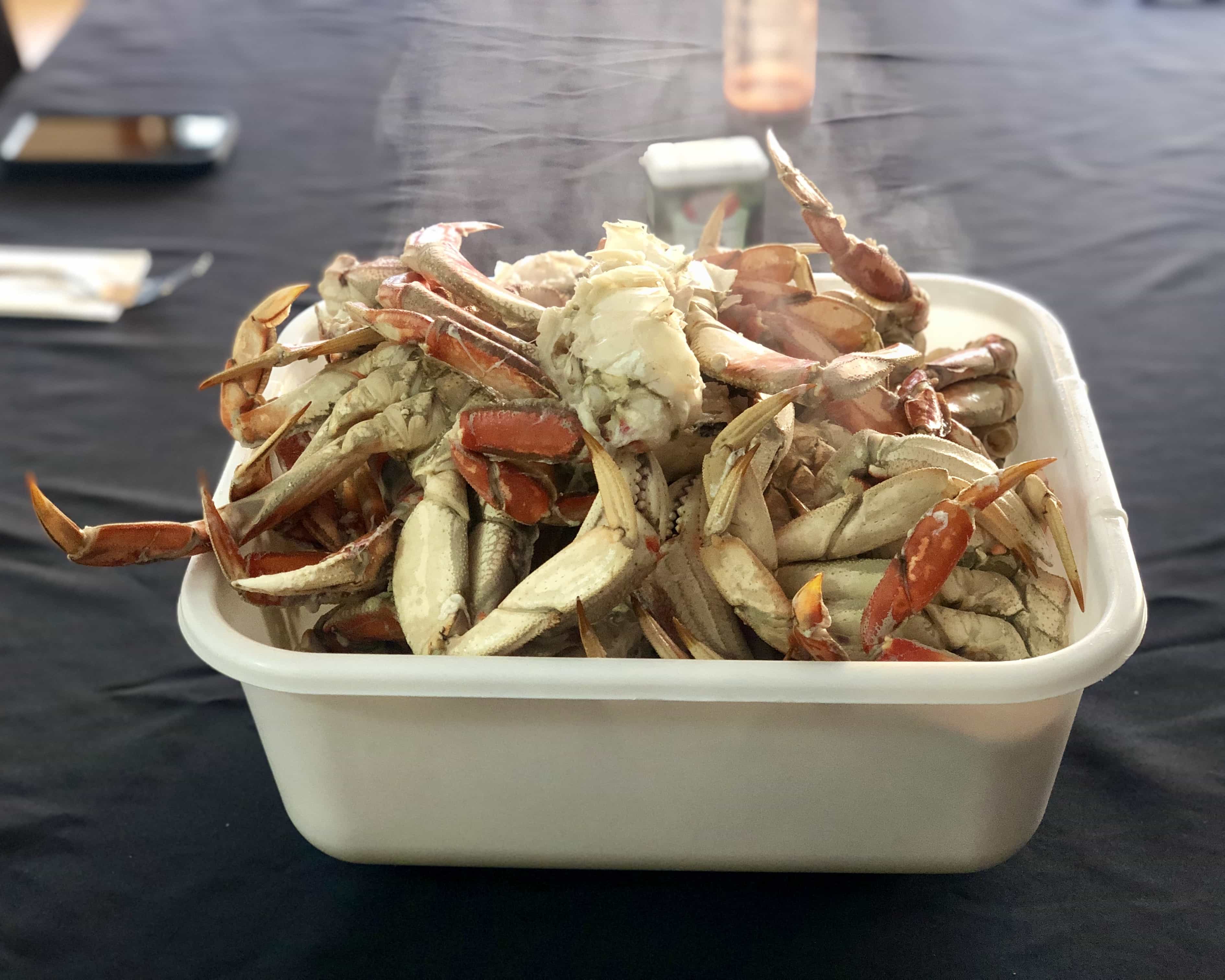
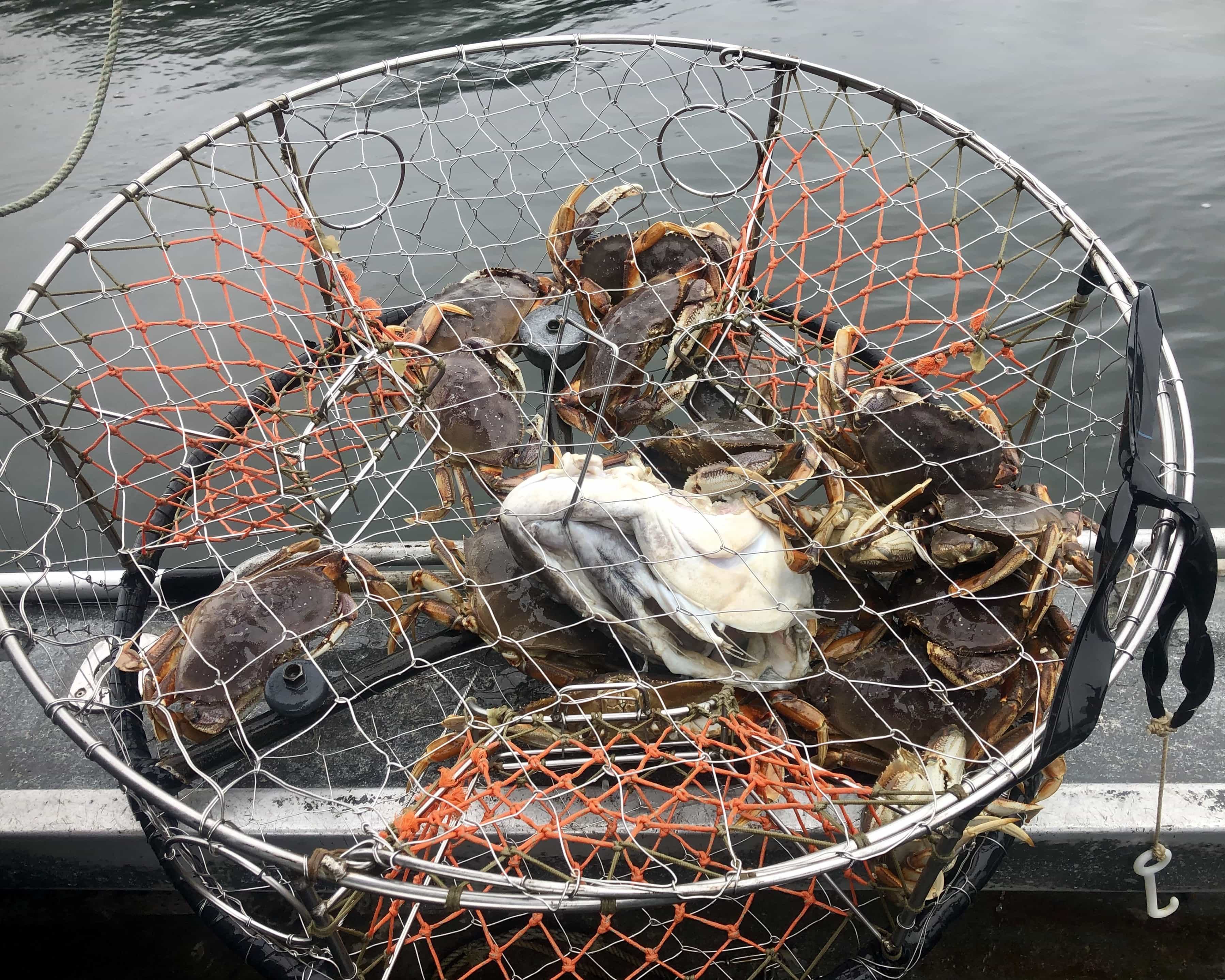
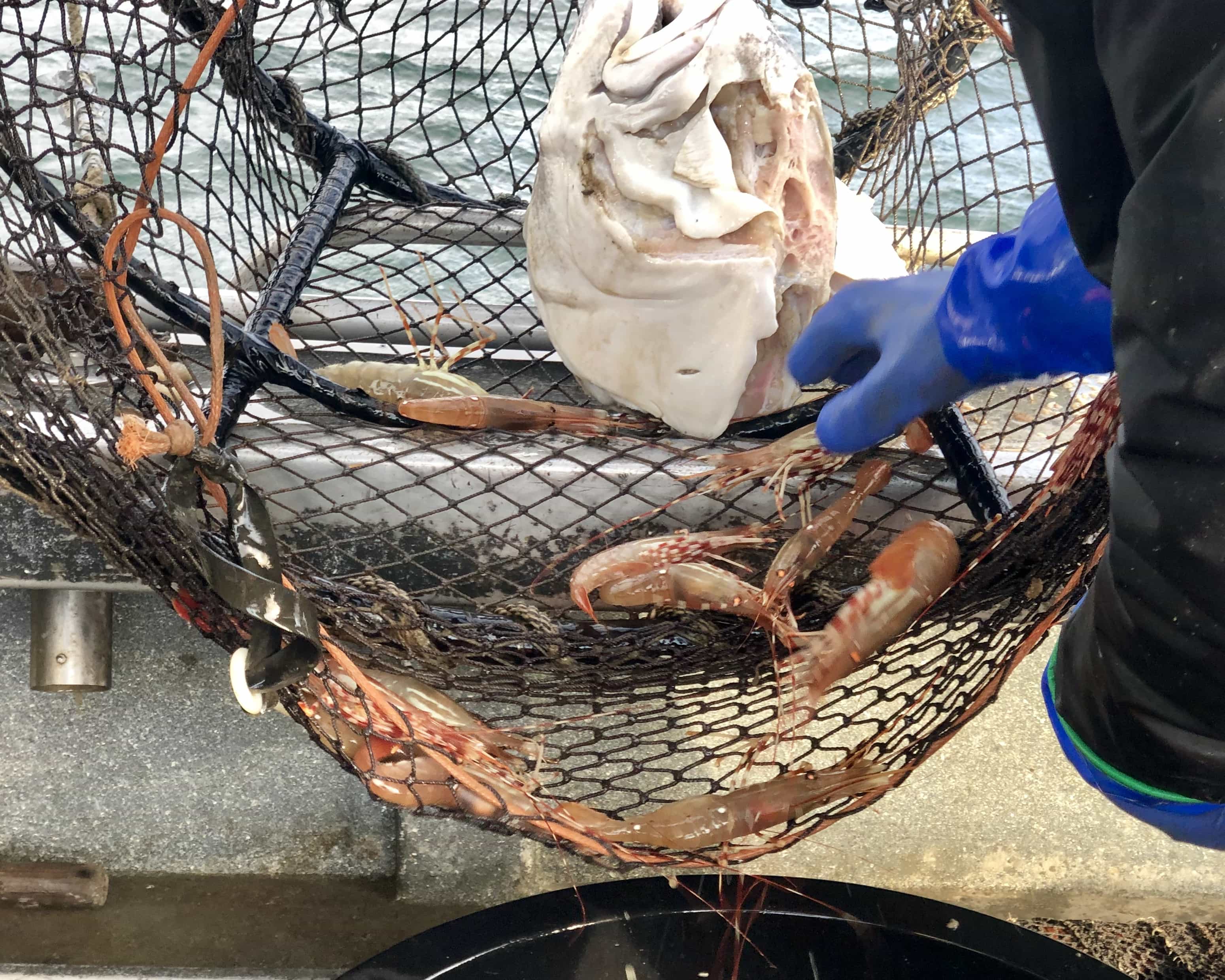
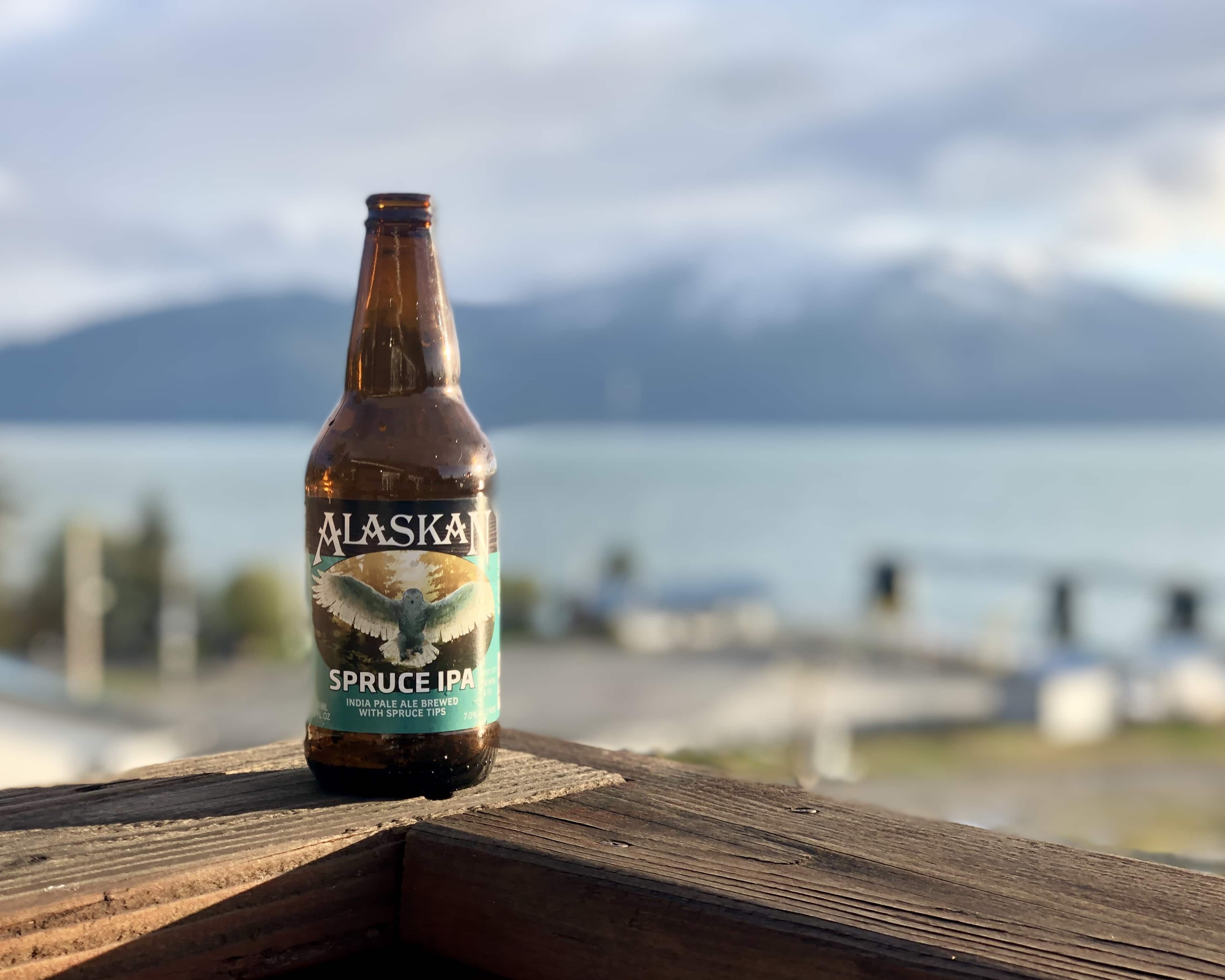
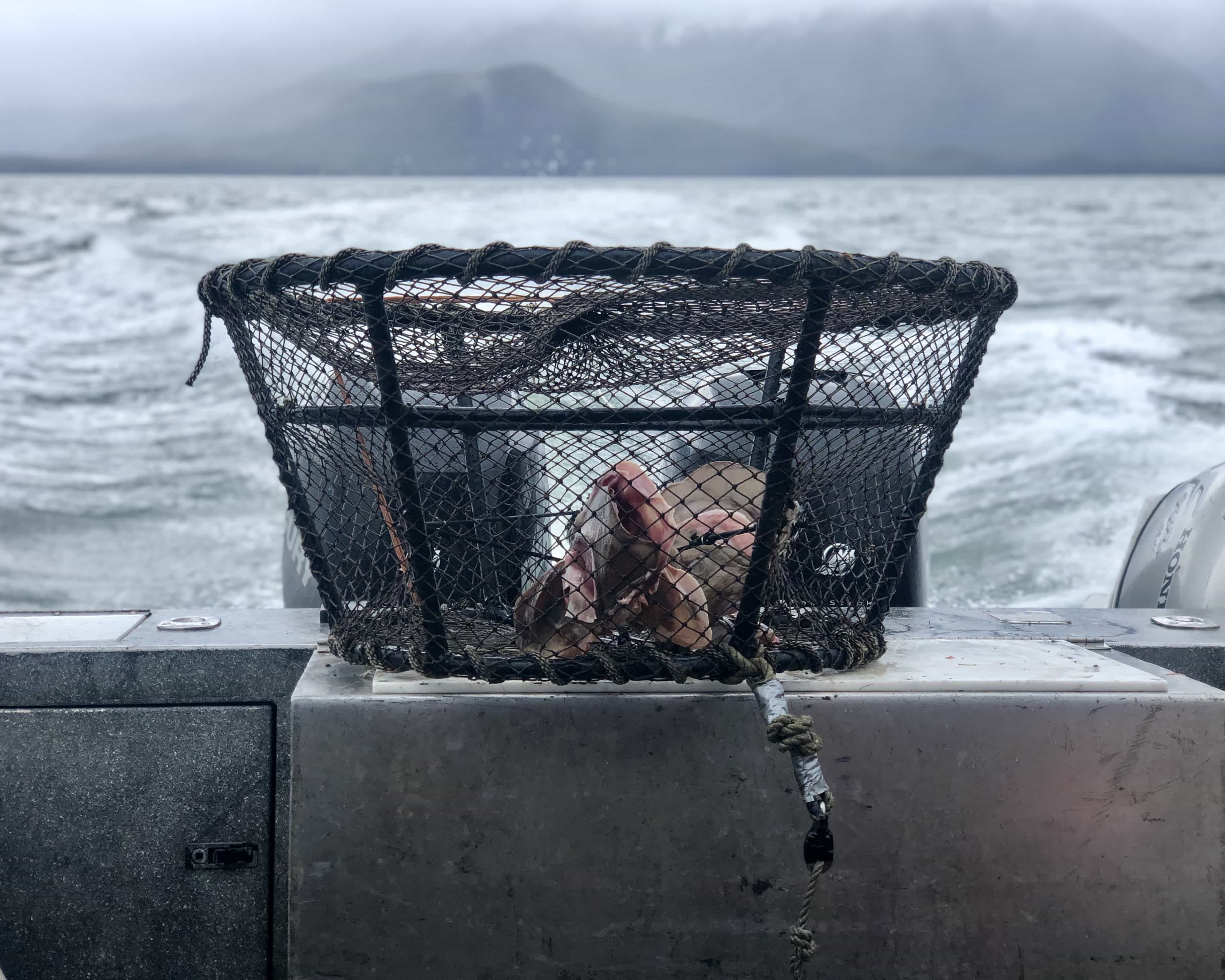
The Terrain
The fishing was arduous yet extremely rewarding. As I mentioned above, the wading and hiking was the most challenging we’ve experienced to date. Huge boulders, slippery rocks, steep gradients, lush forests (read grabby), harsh weather (rain, sleet, hail, snow, wind) – what more could one expect from spring in a remote region of Alaska. It was perfect.
The logic behind the initial screening I went through when I talked to Dori all those months prior became clear. This place is not for the faint of heart. Only anglers that are in good physical condition can handle this part of Alaska. I consider myself in excellent physical condition and it was tough for me. I took many a tumble and I have the bruises to show for it as does Janice. However, it was all worth it. Native steelhead fresh from the ocean are a different animal from what we have here in the Buffalo Niagara Region and the moment I hooked up, I forgot all about what it took to get there.
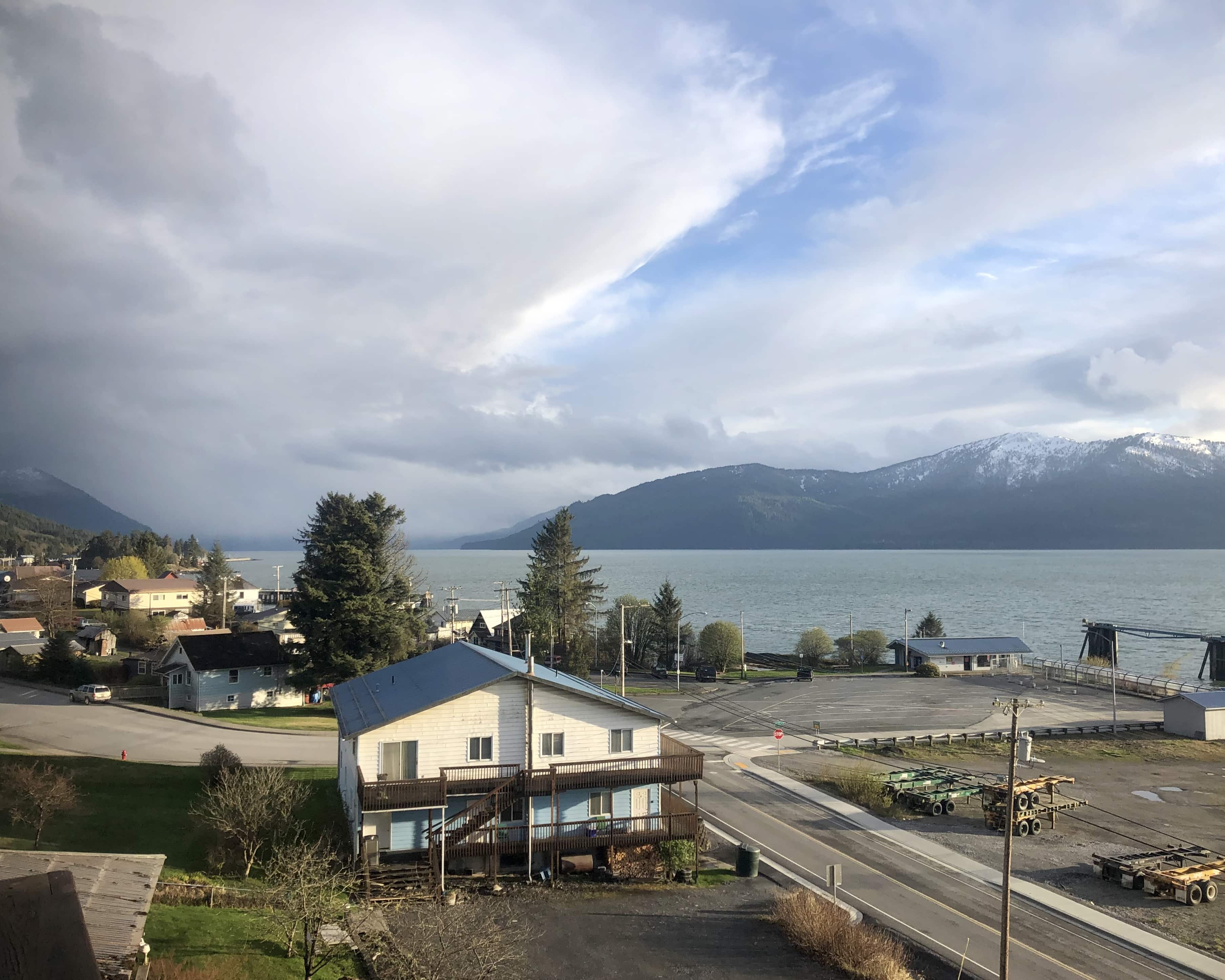
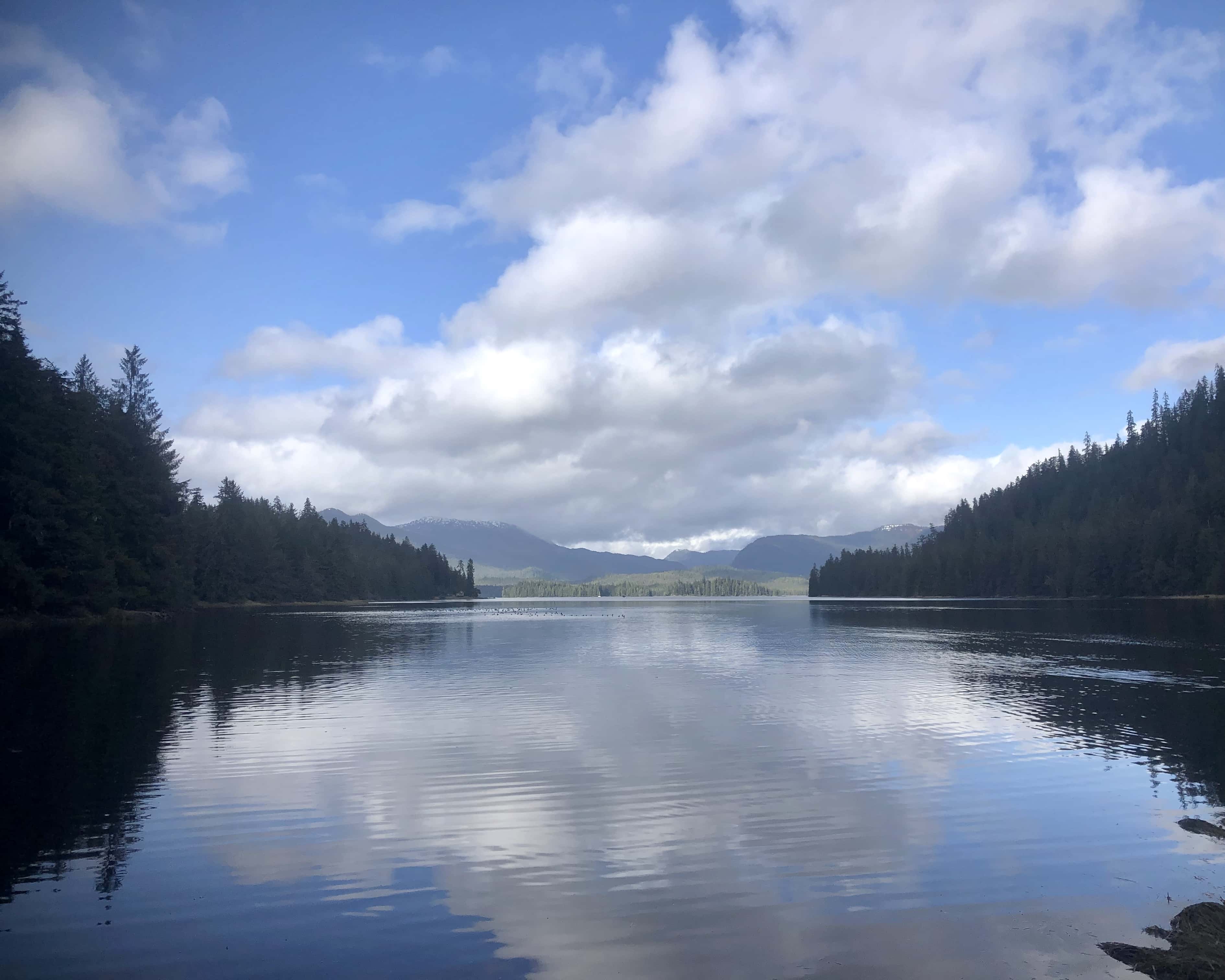
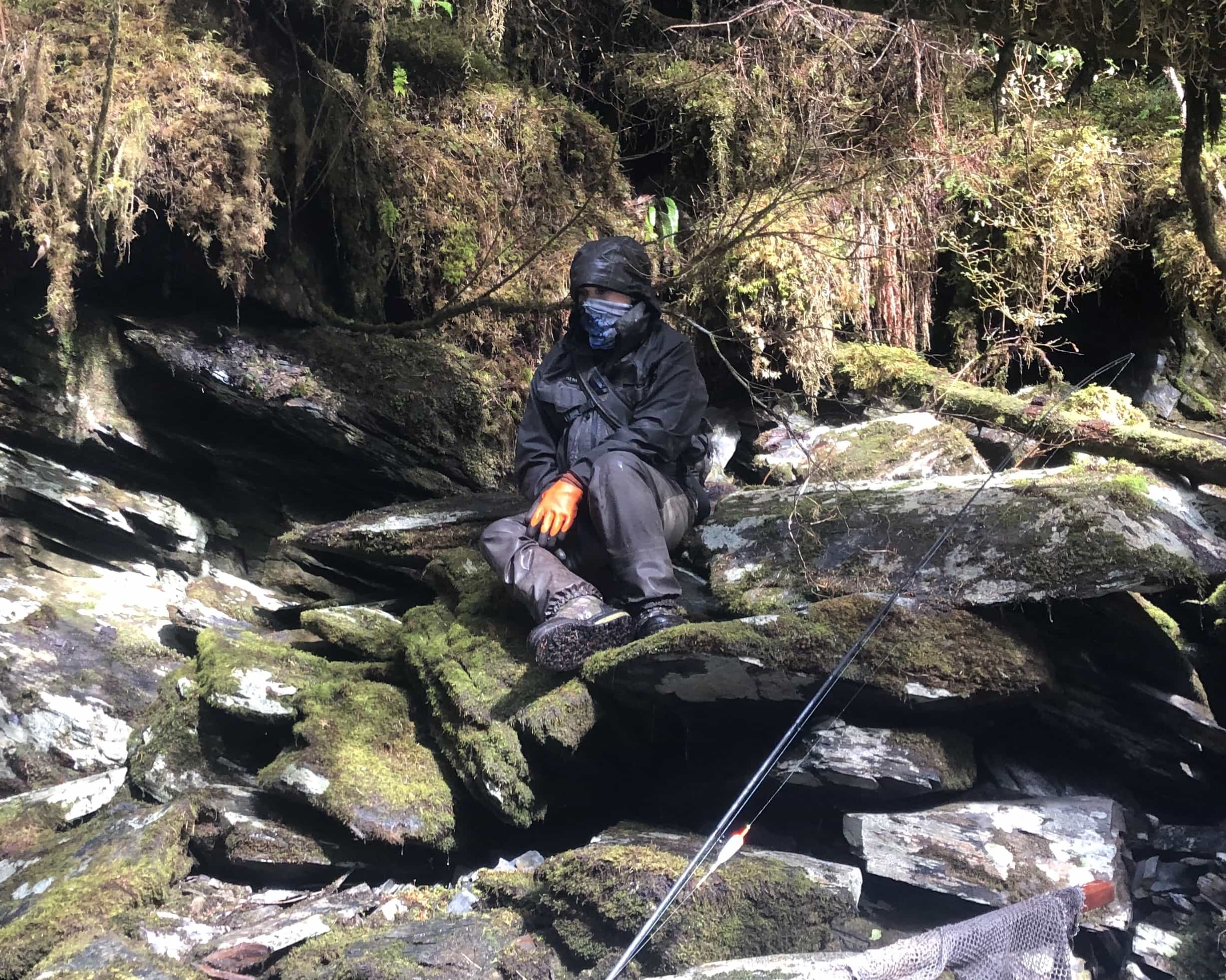
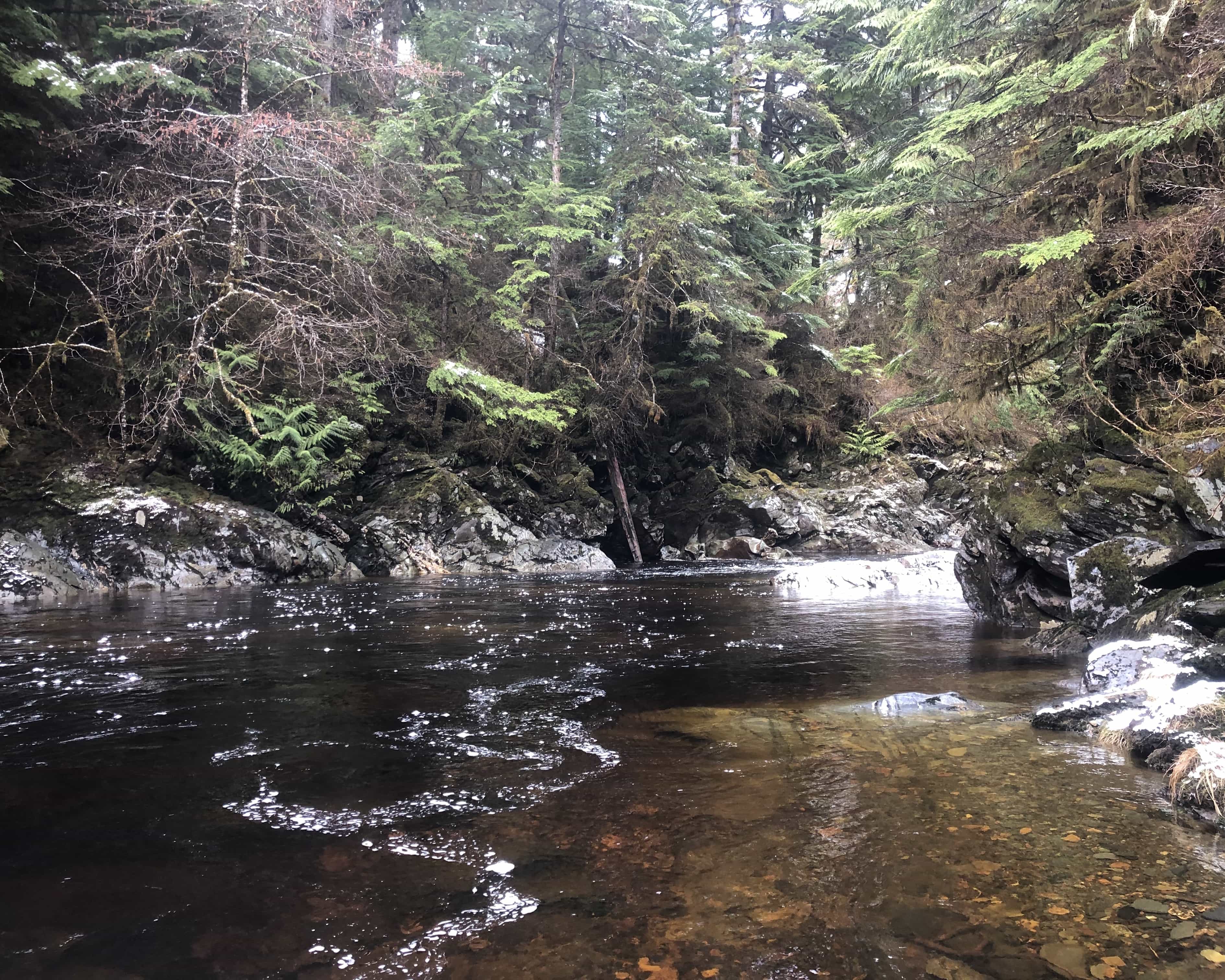
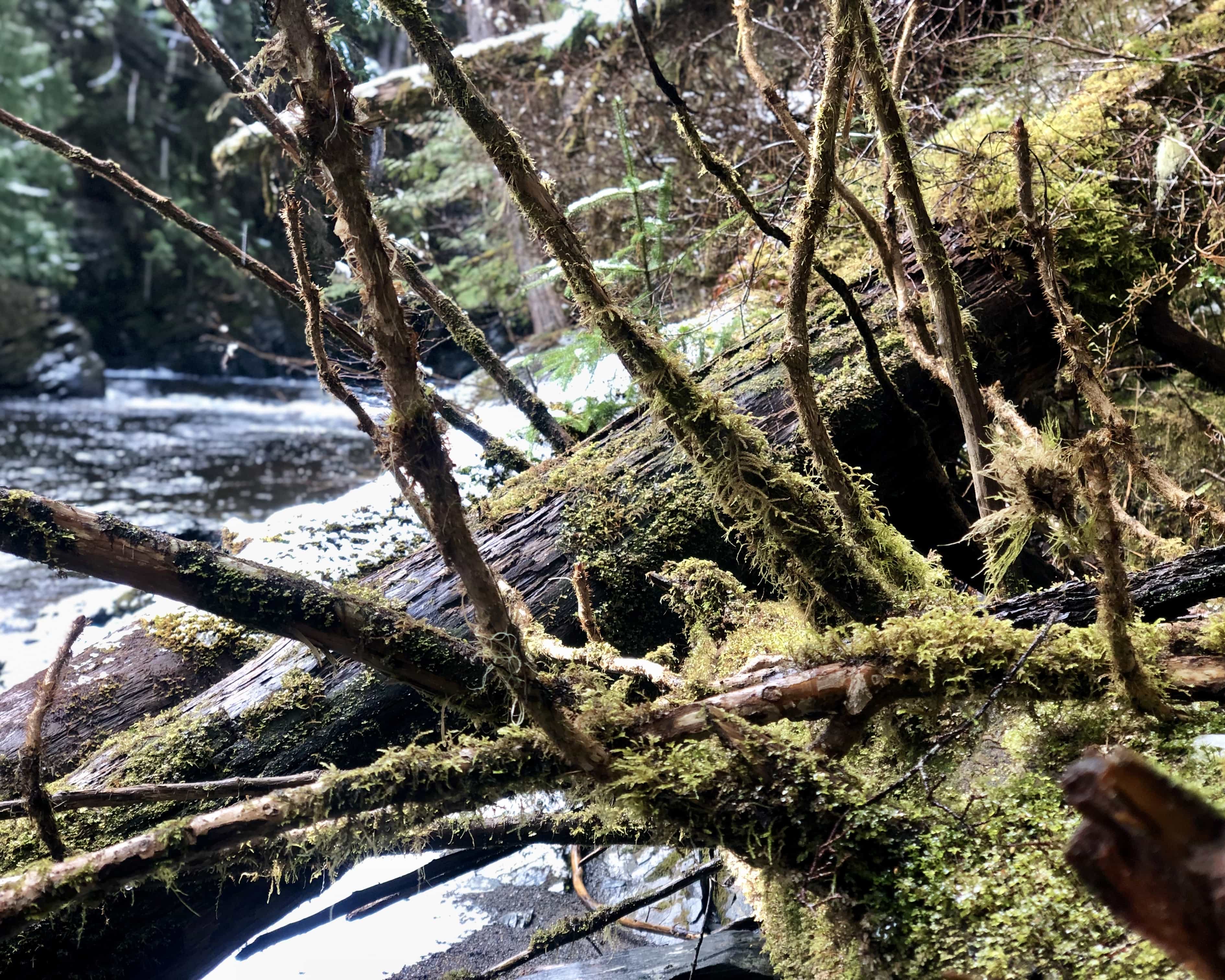
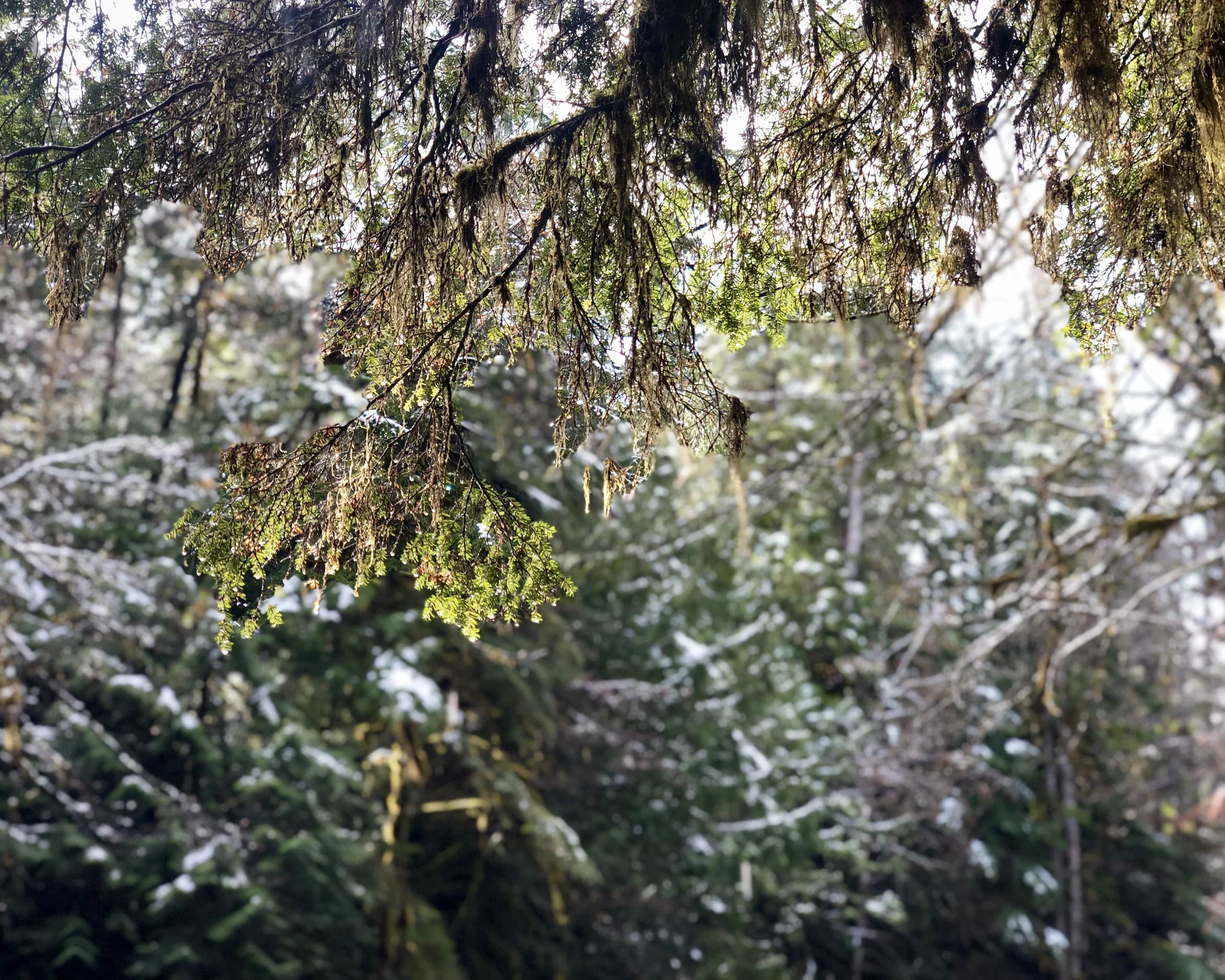
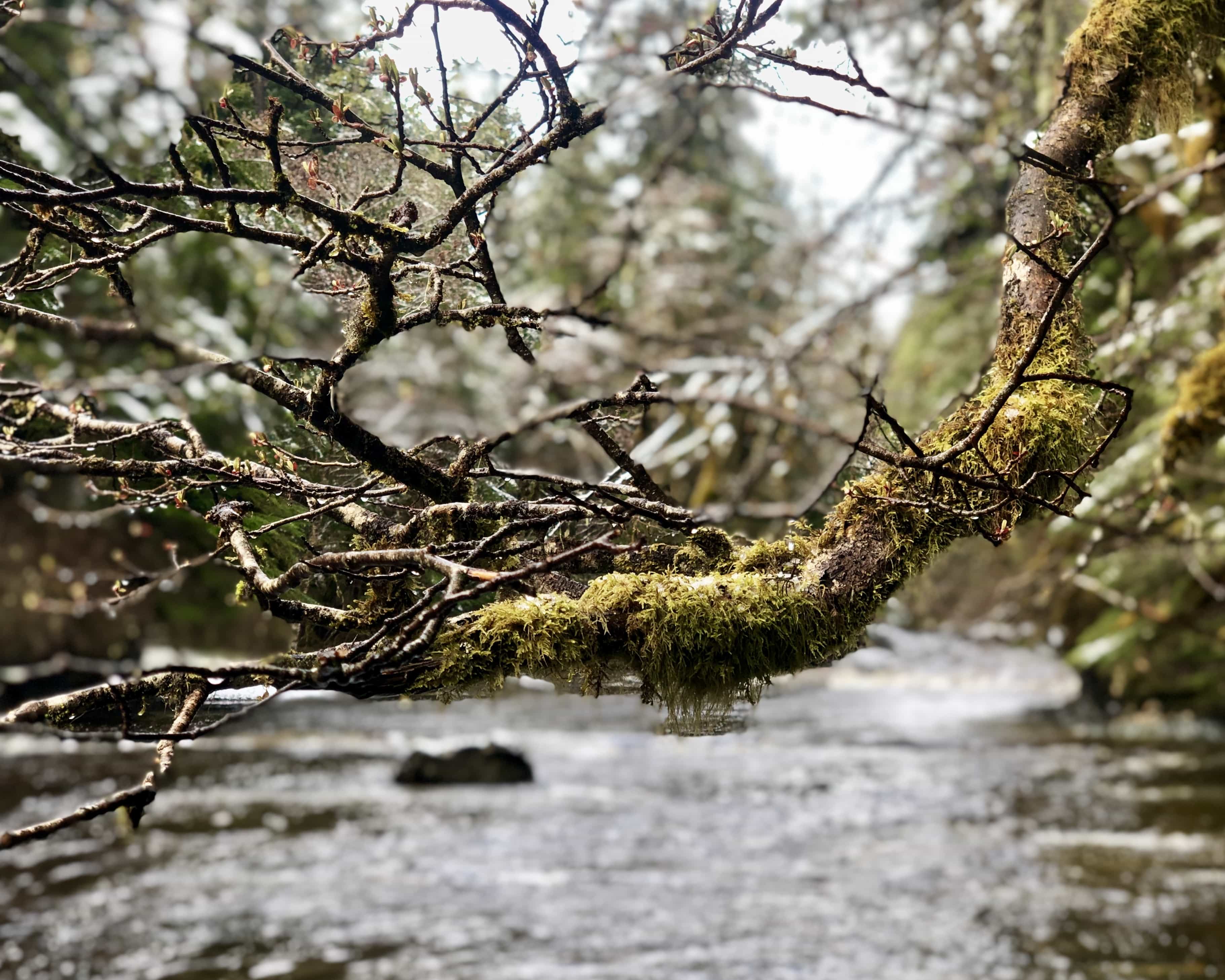
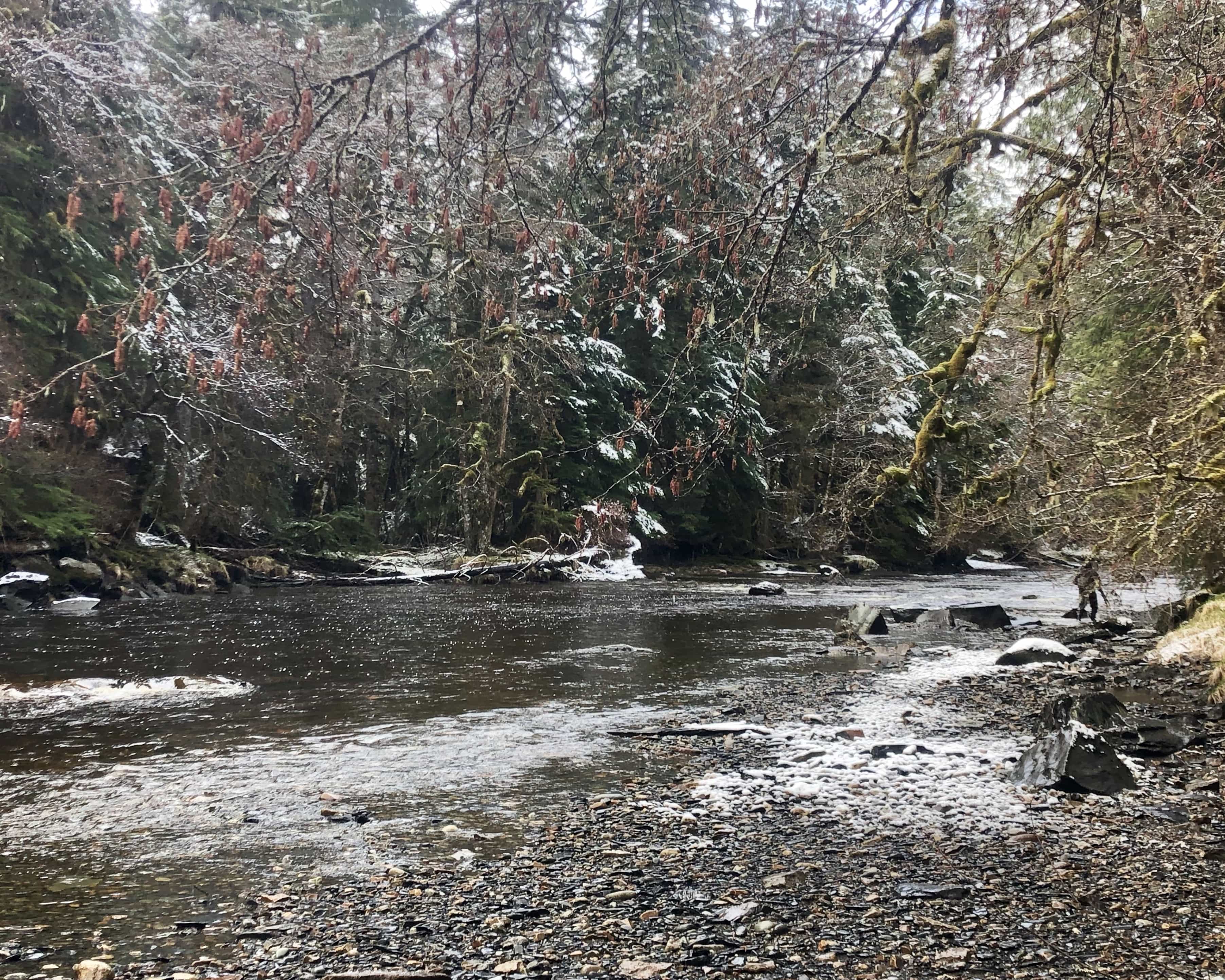
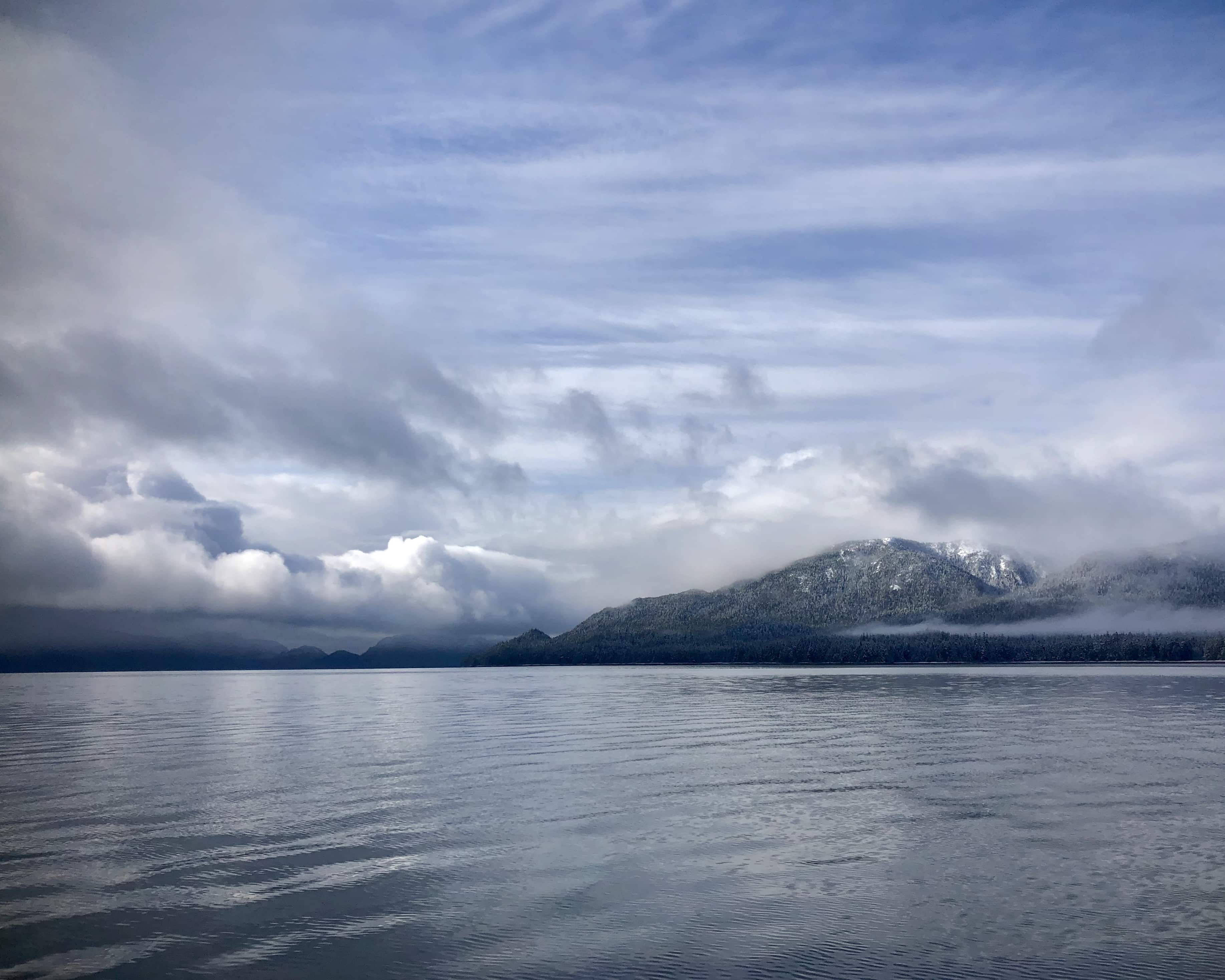
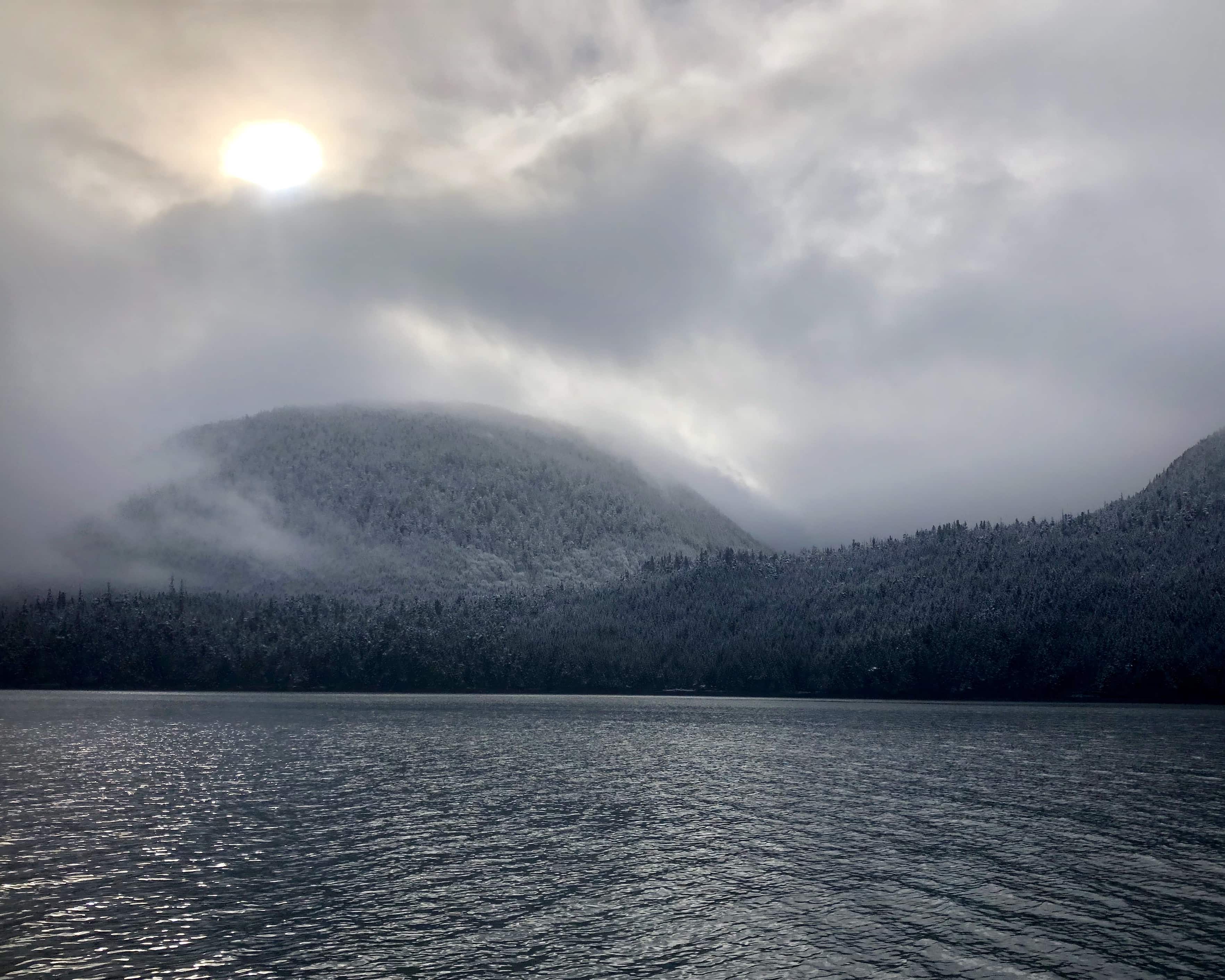
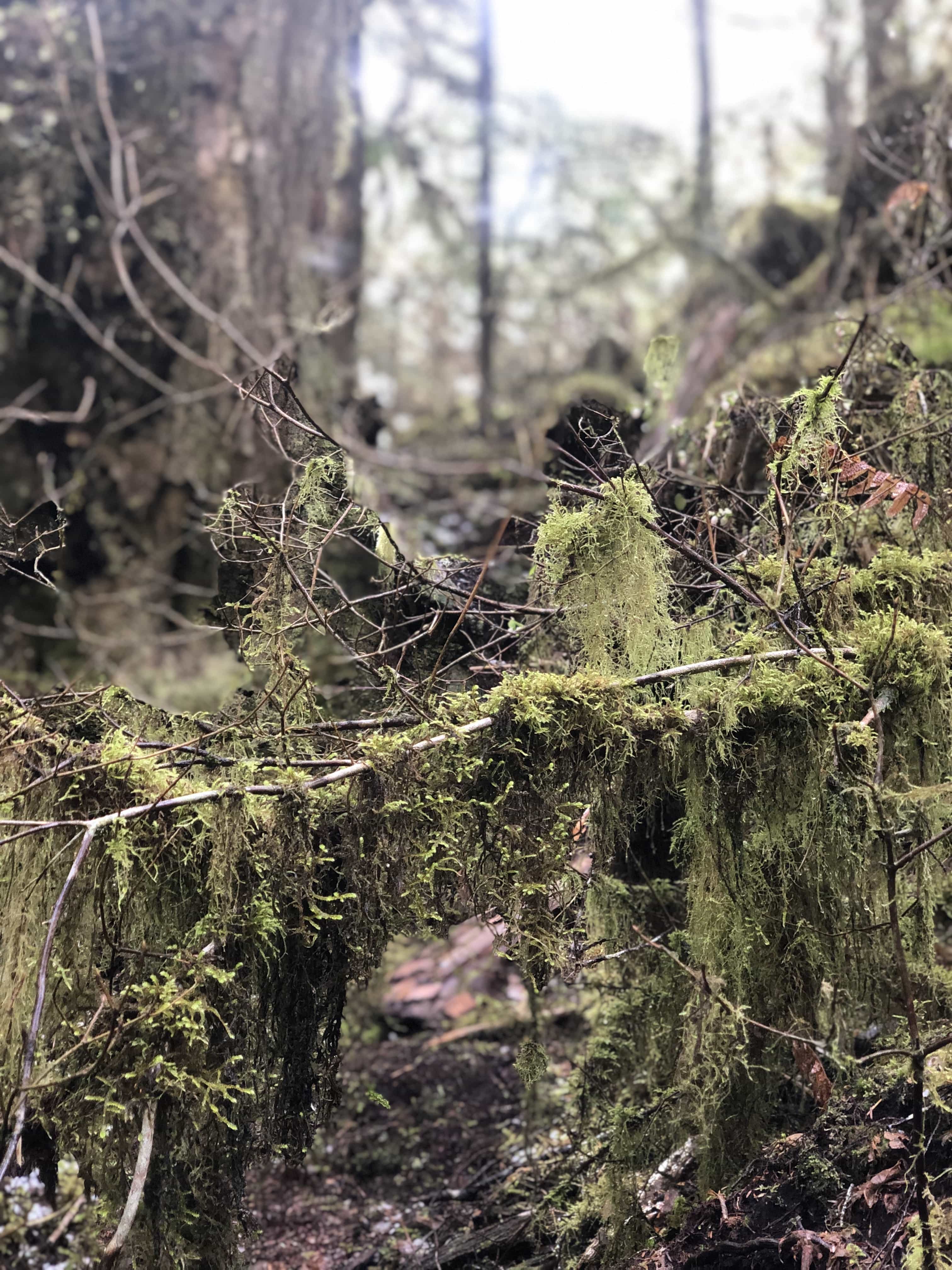
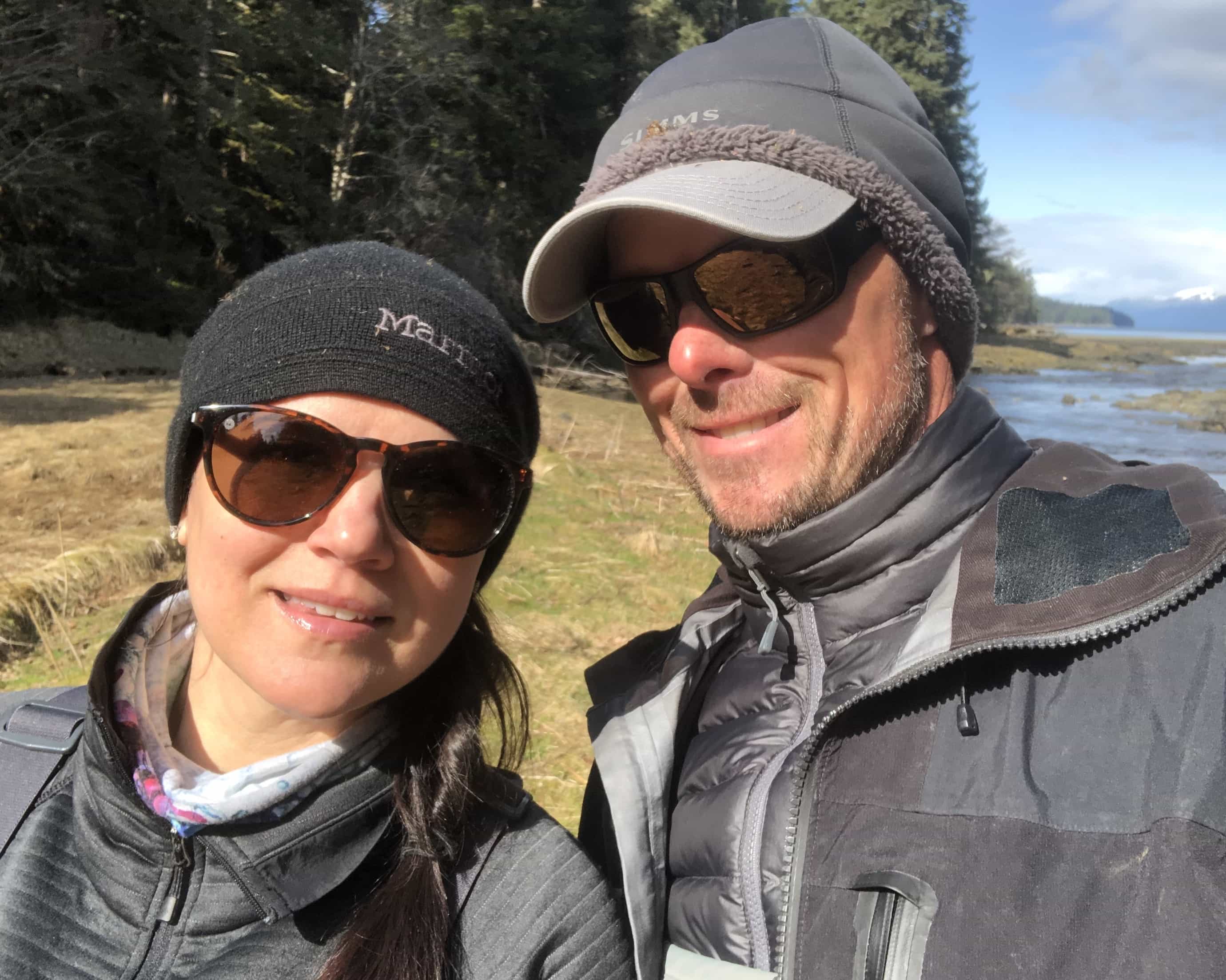
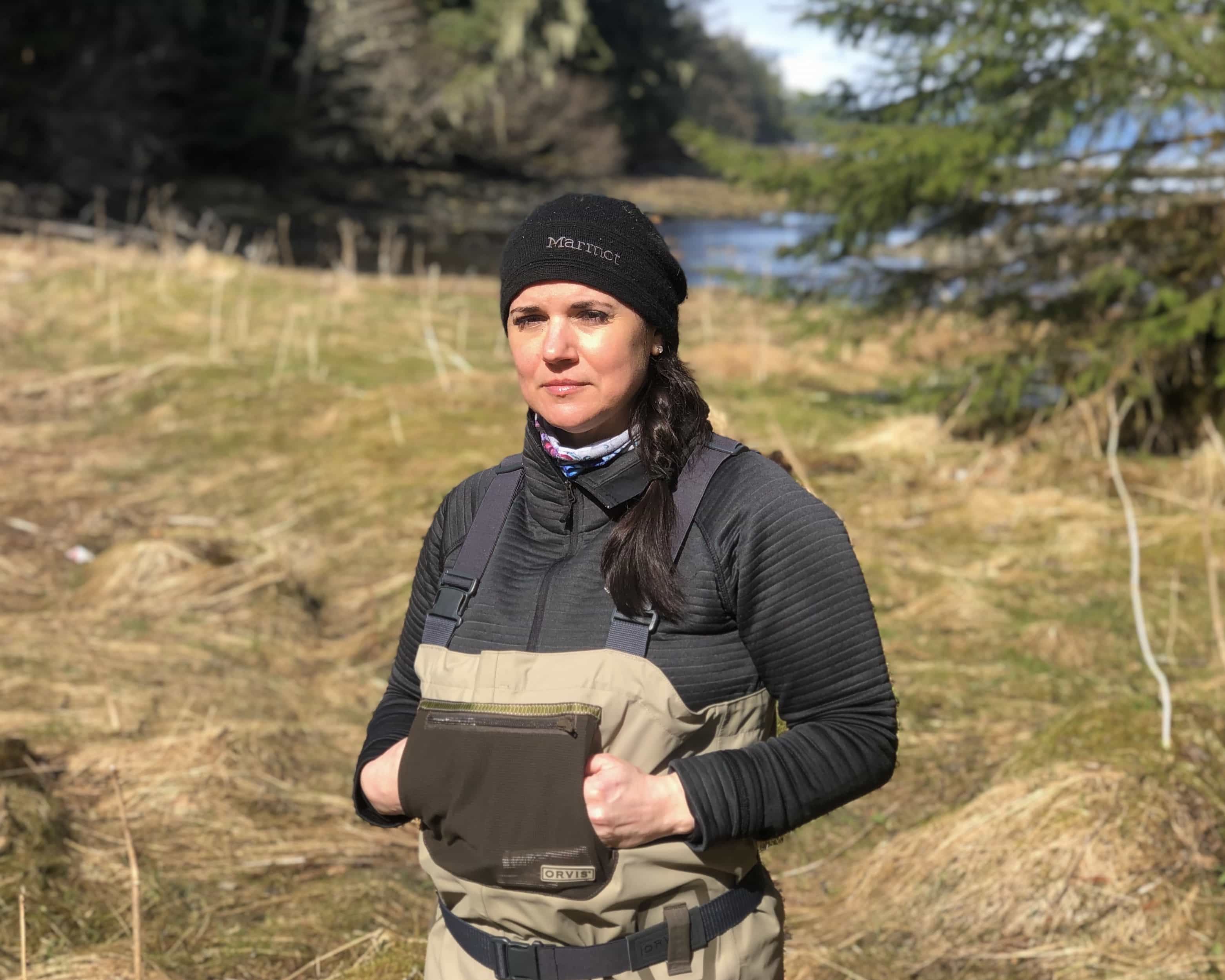
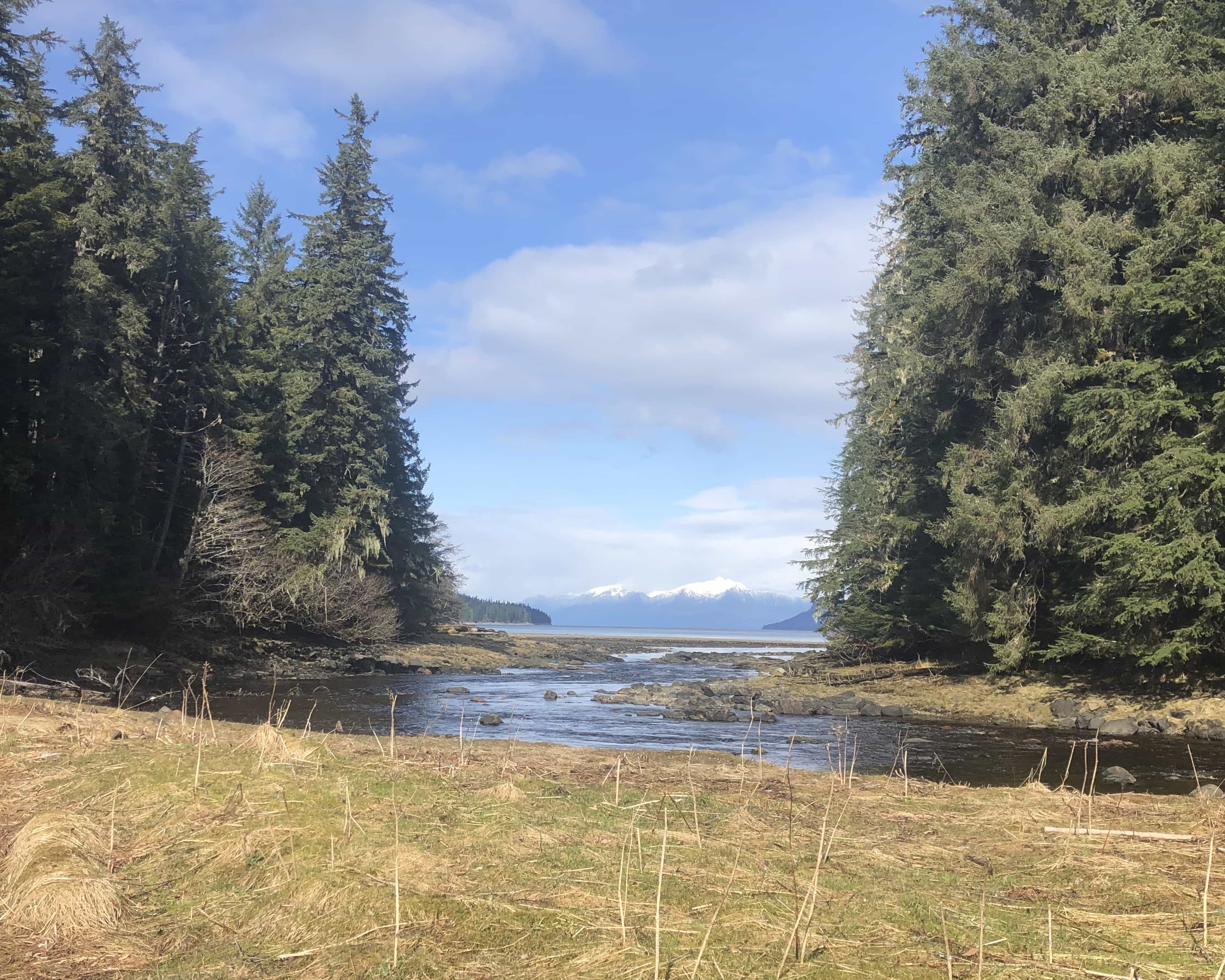
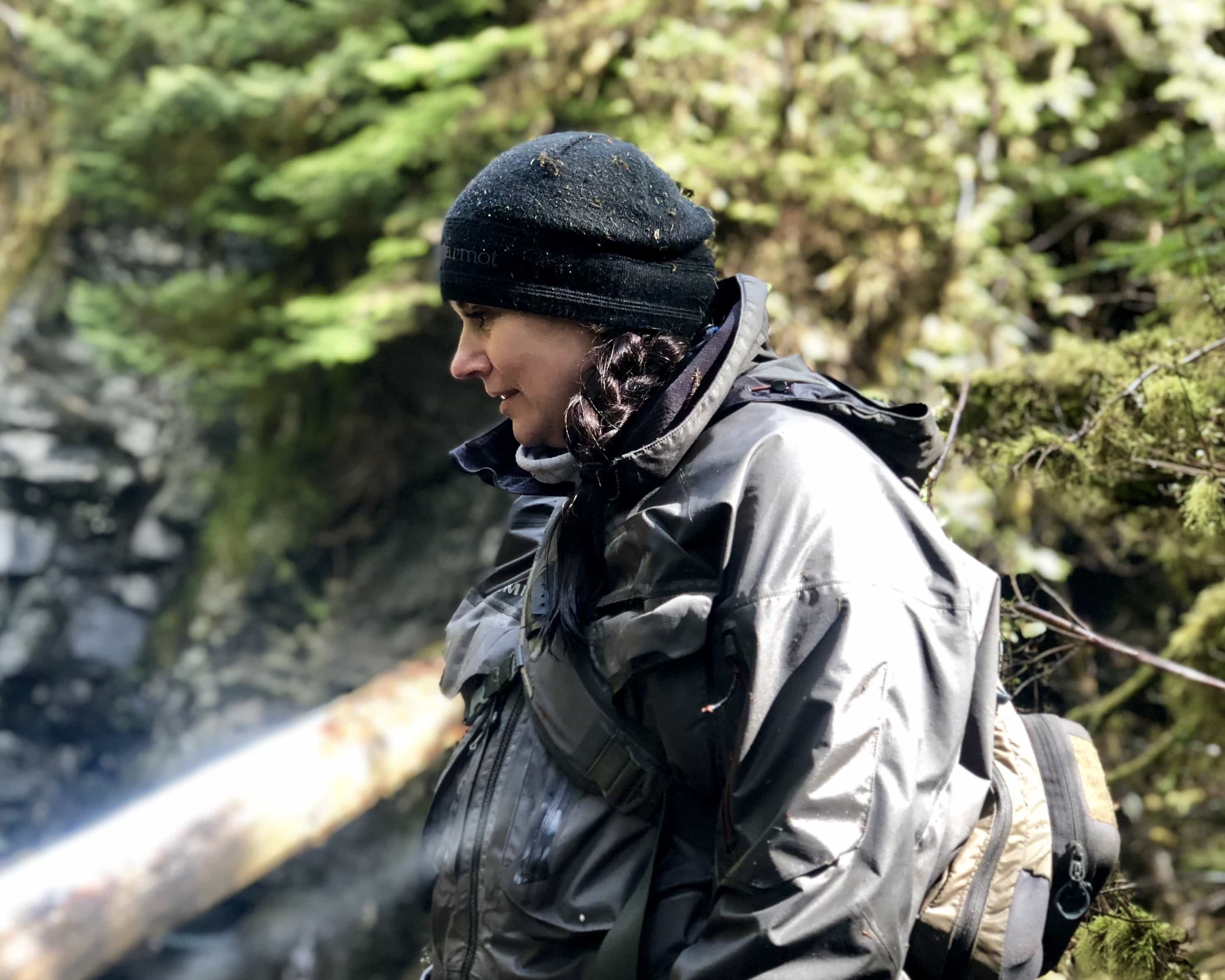
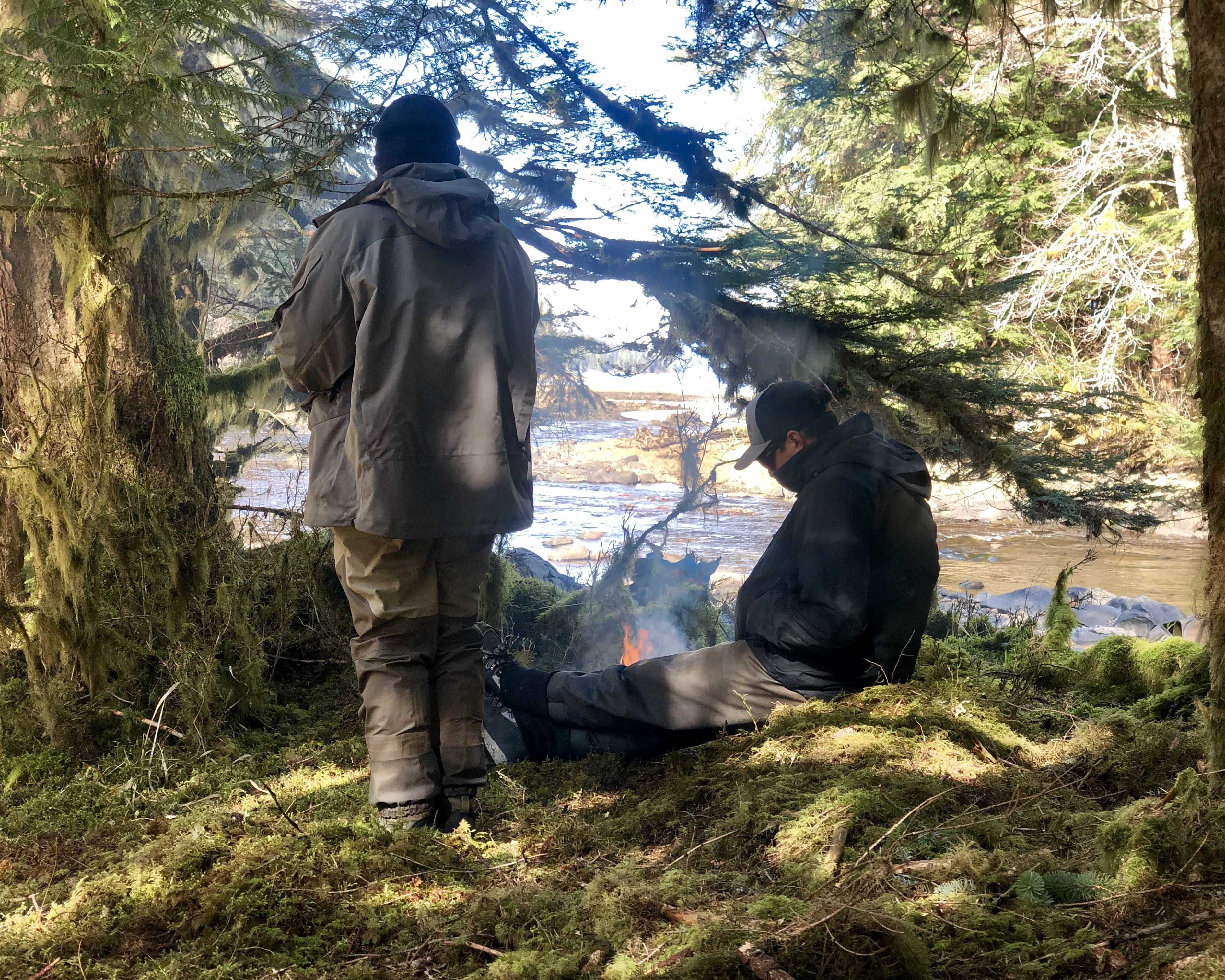
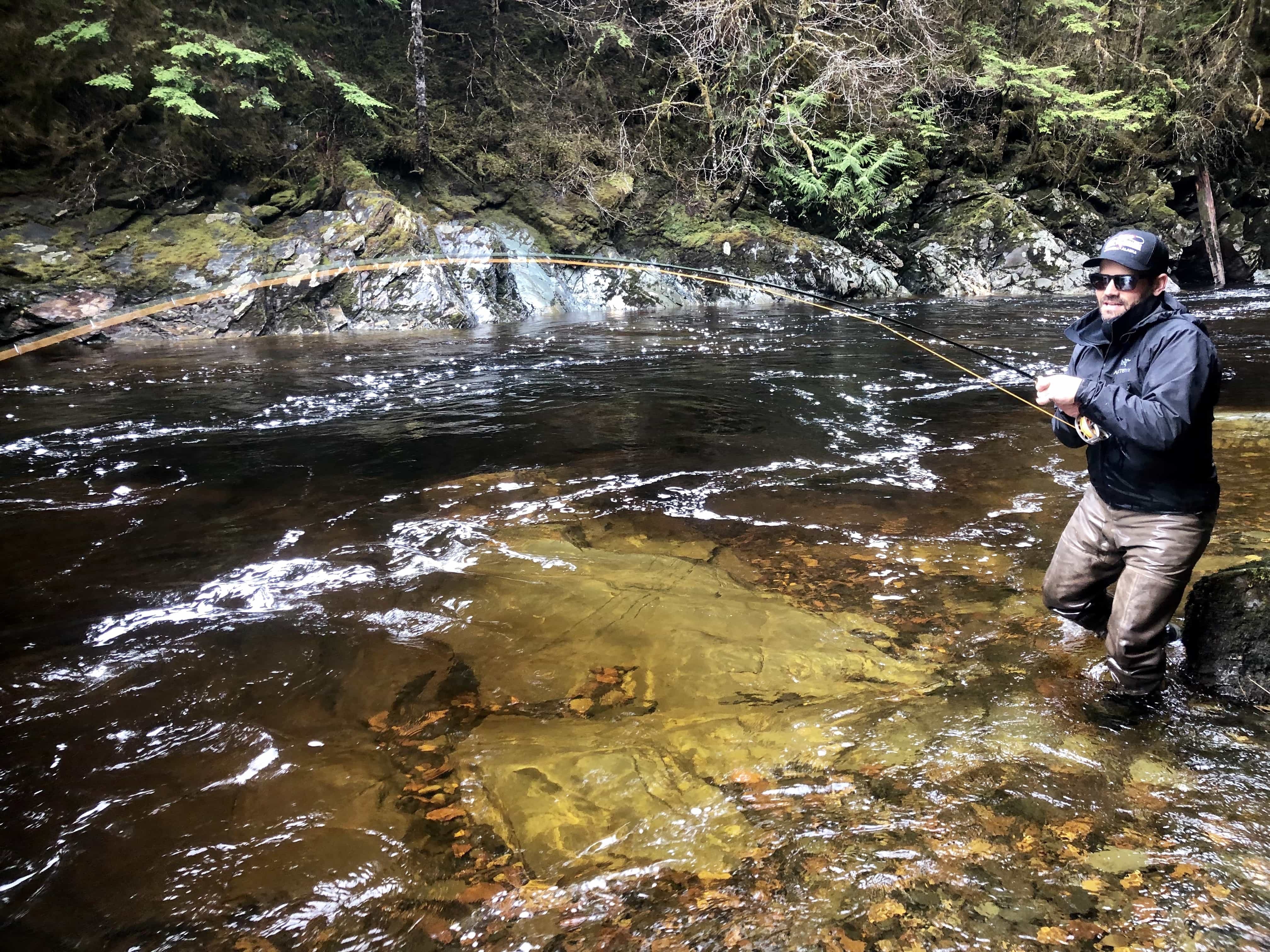
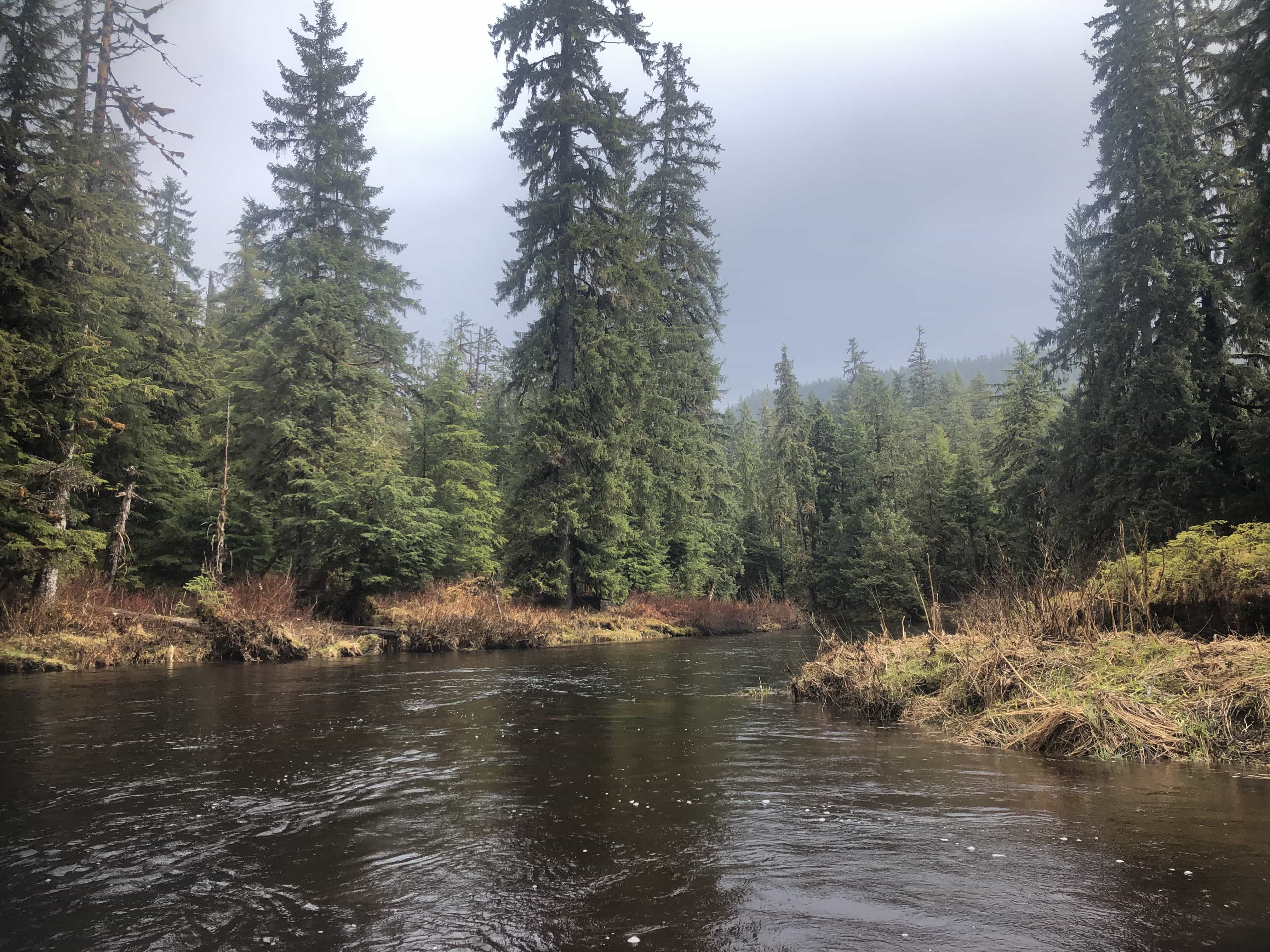
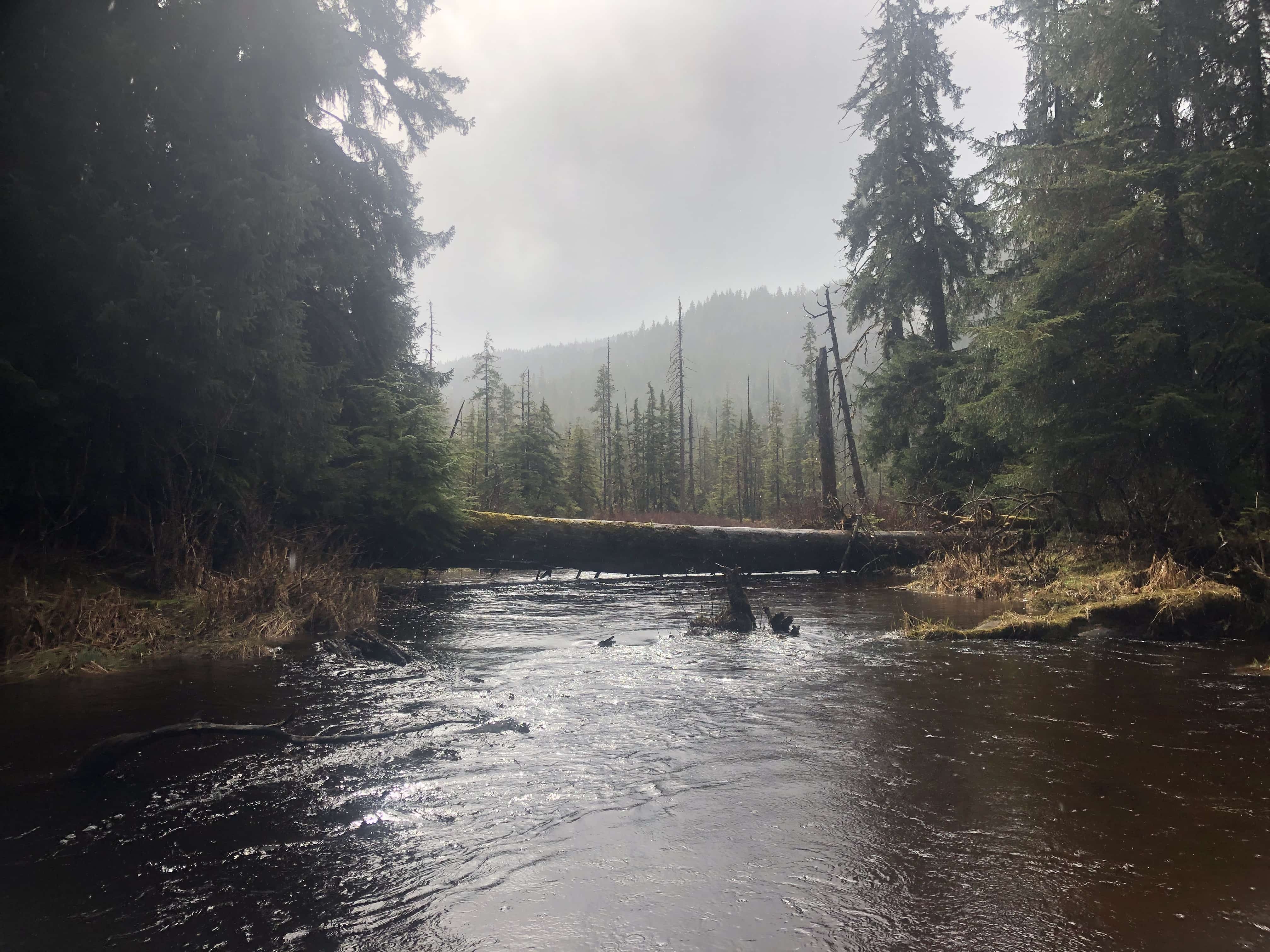
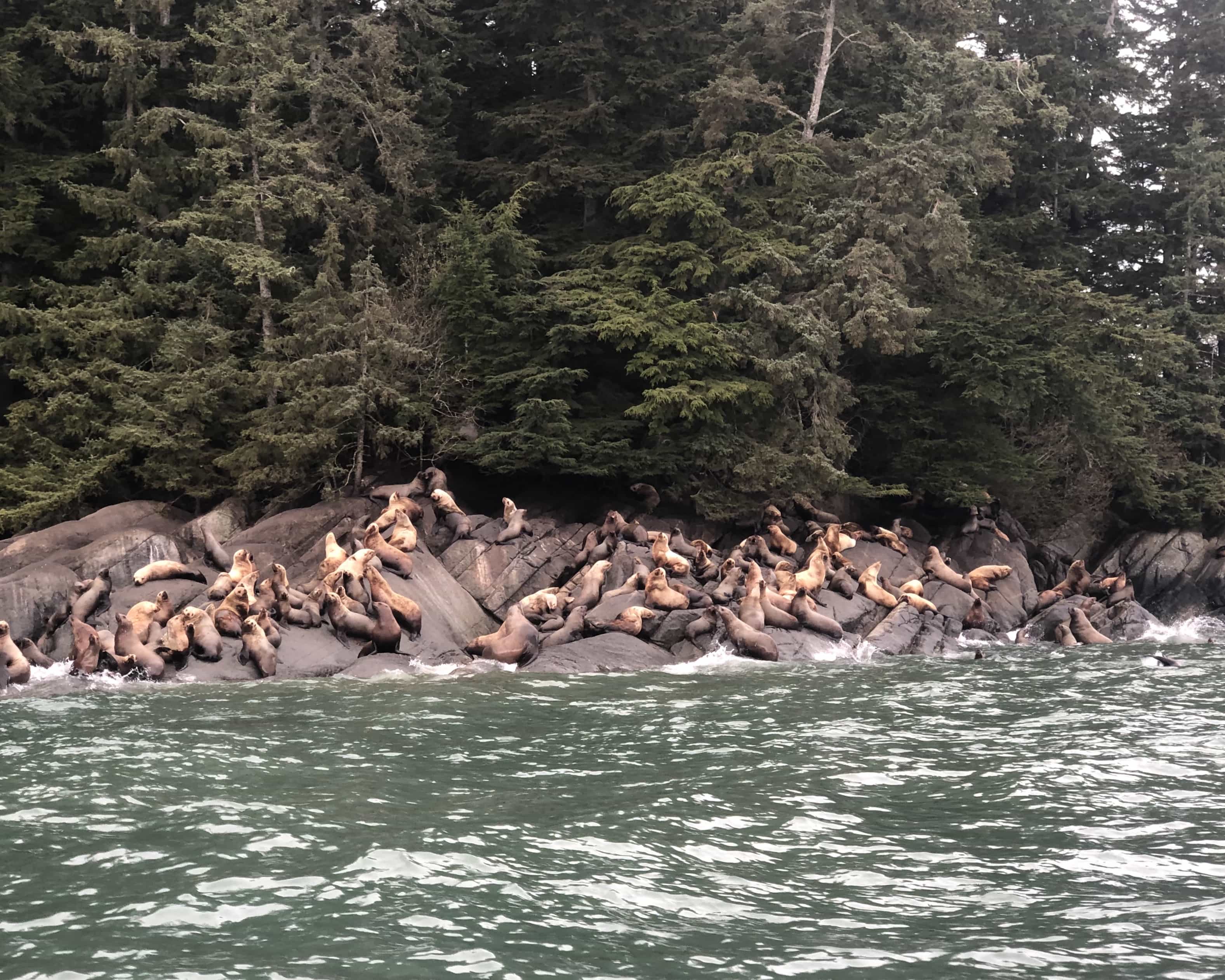
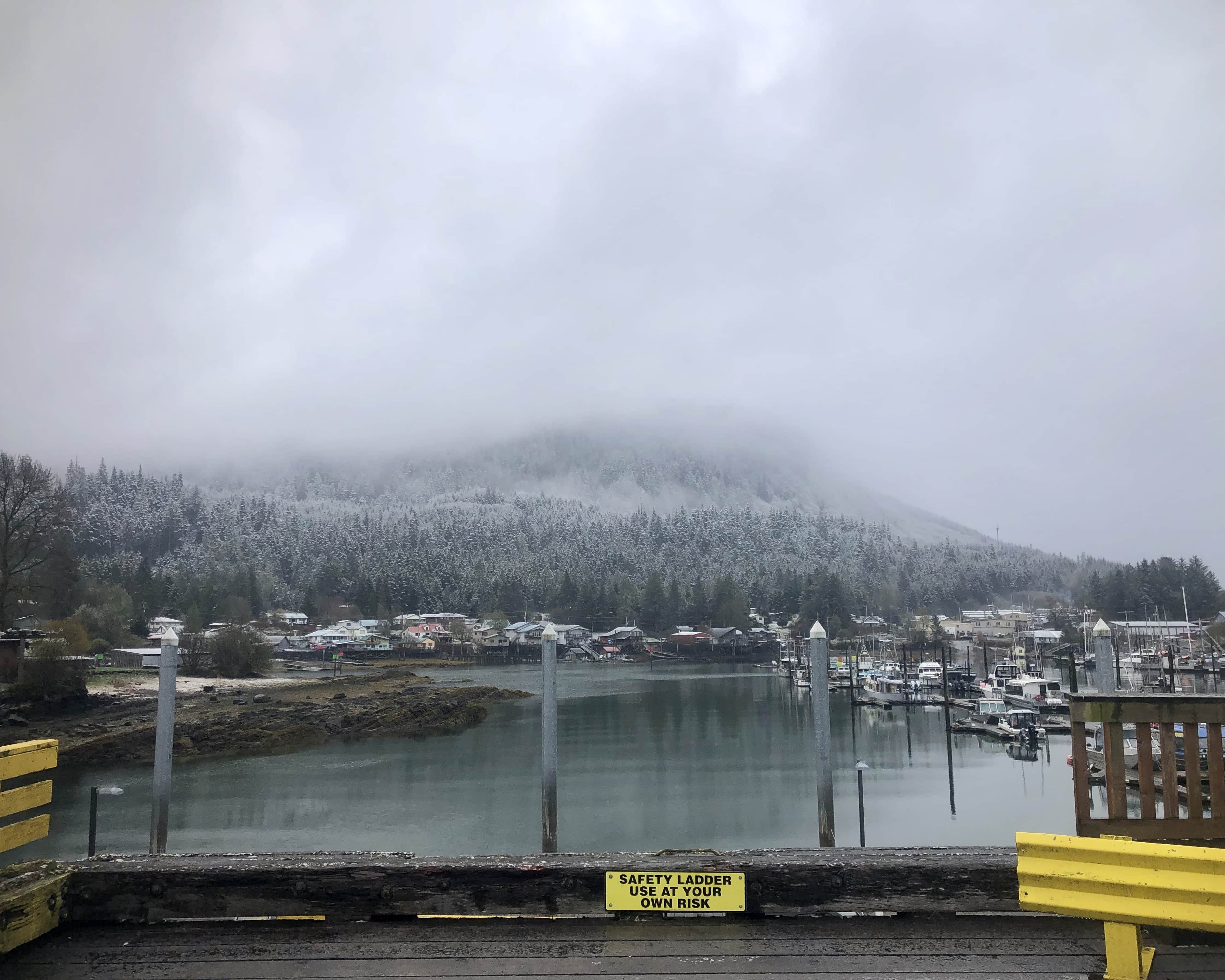
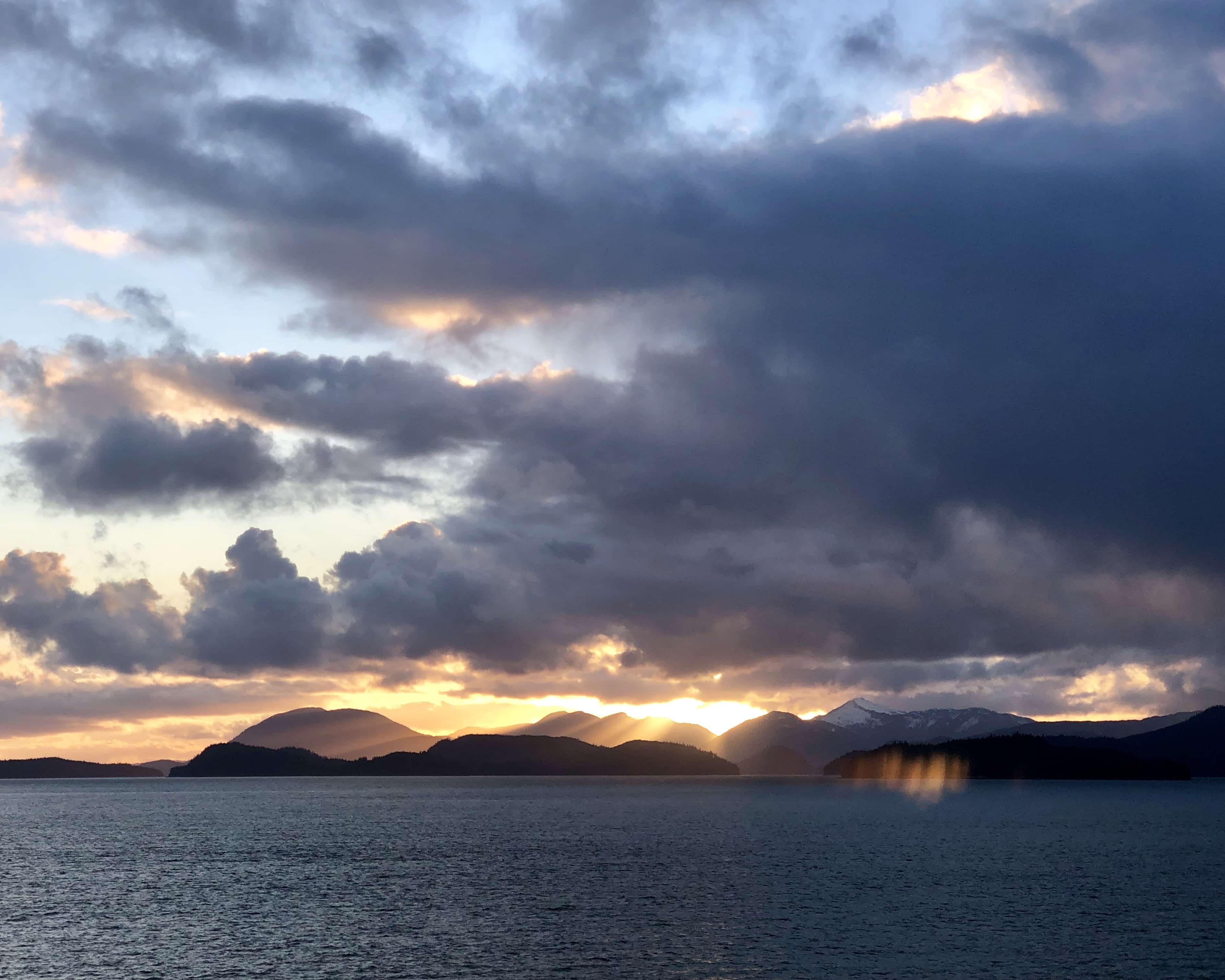
The Fishing
If you’ve read a few of our articles, you know that we pursue native species whenever possible in our travels. Considering we spend over 6 months of the year fishing for steelhead, it was a treat to see what native versions of this fish were like. Unlike our fish in the Buffalo Niagara region, the steelhead in Alaska are extremely aggressive when they come out of the ocean. The hard part is finding them (see the terrain discussion above). However, once you find them, more times than not, they will hammer a fly.
Aside from the terrain and the aggressiveness of the fish, the other unique aspect of this steelhead fishery is that the fishing is almost entirely visual. Once you find the fish, you can cast to them and watch them hammer your fly. Once connected, they fight far harder than any of the steelhead I’ve caught around here. There is no way of controlling them. Quite a few fish caused us to have a “River Runs Through it,” experience – chasing them down over waterfalls and over rocks. It’s intense! Once brought to the net and to hand, you understand why/how they fight this way. They are SOLID! Pure muscle, pure power.
Alaskan steelhead evolved to be powerful for a reason – you have to consider the gauntlet they must pass in order to spawn. Aside from human predators (gill netters), seals patrol nearly every creek mouth. Once in the creek, steelhead must evade river otters. The few that make it have to jump a series of waterfalls and rapids just to get their spawning territory. After spawning, they must drop down through the same series of obstacles in time for a high tide so they can get back to the ocean. It’s amazing any of them survive. Most accomplish all of this in less than 3 days!
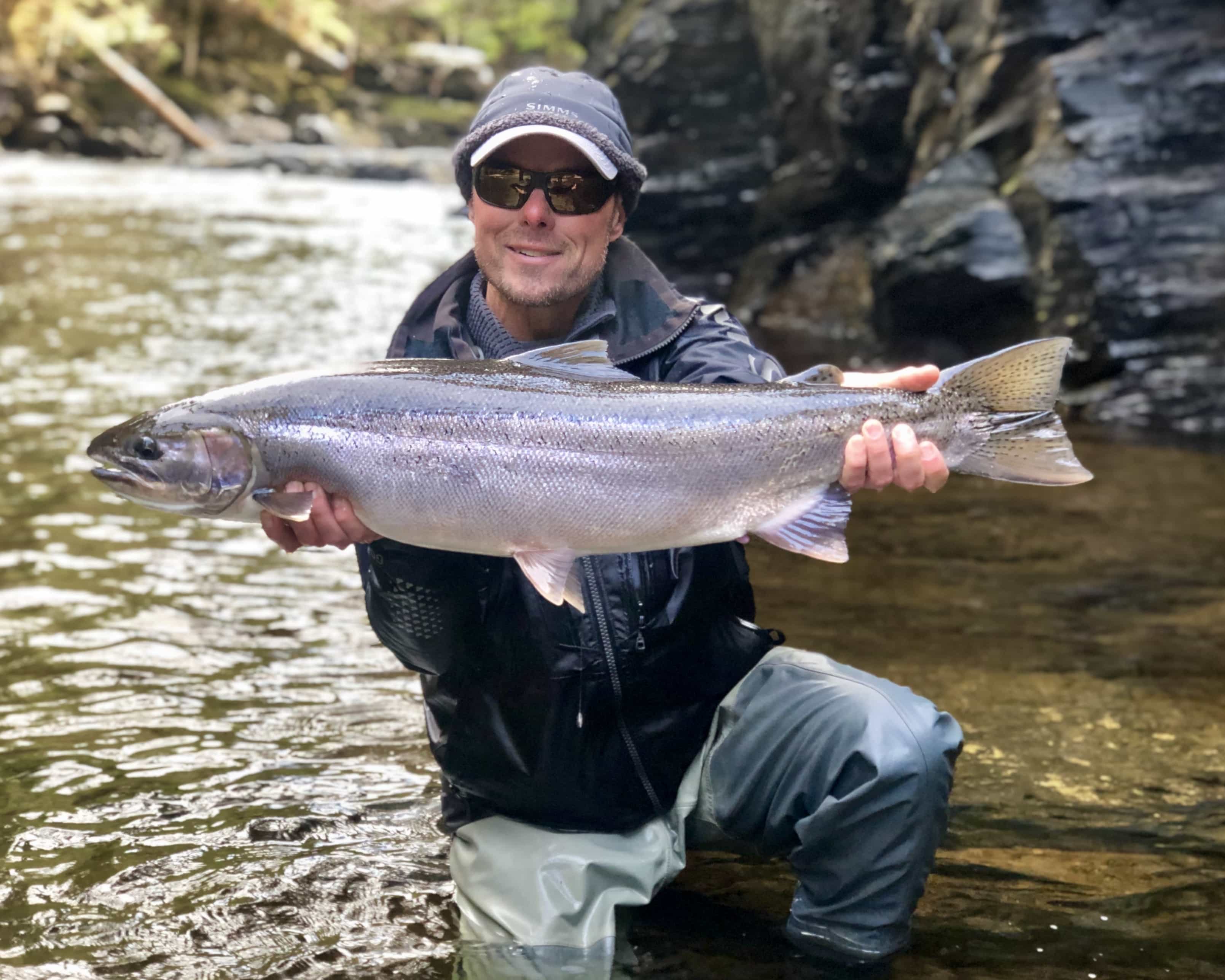
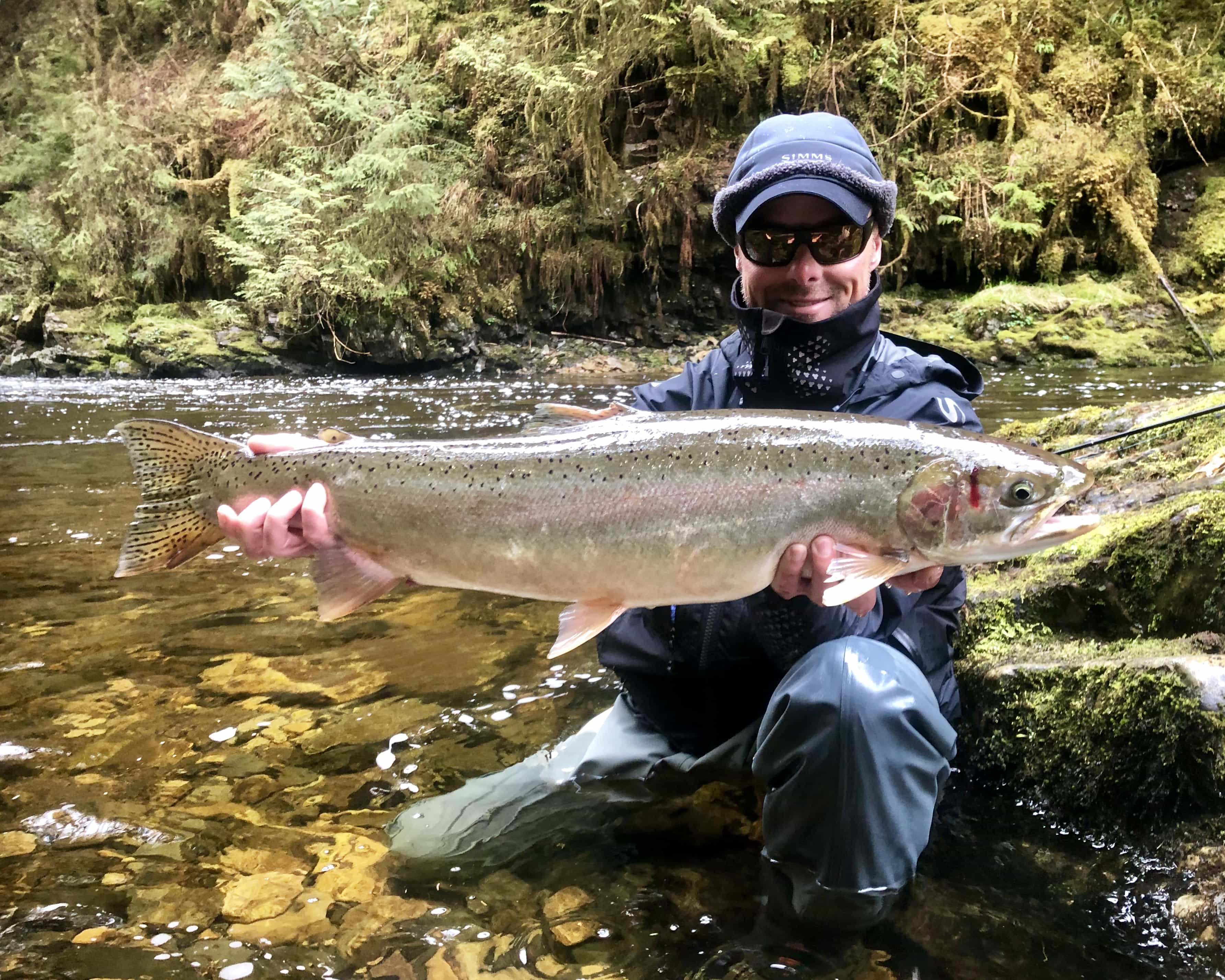
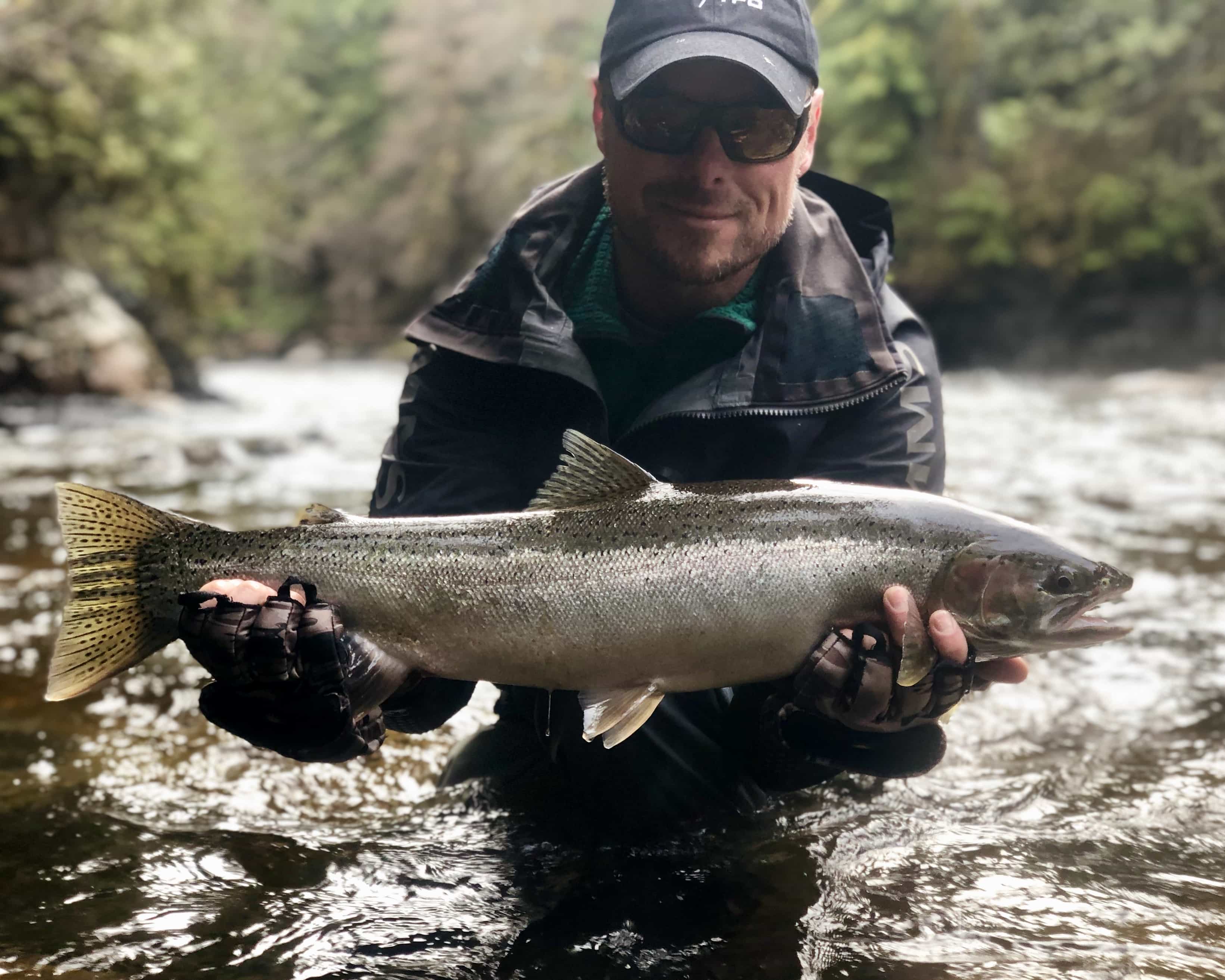
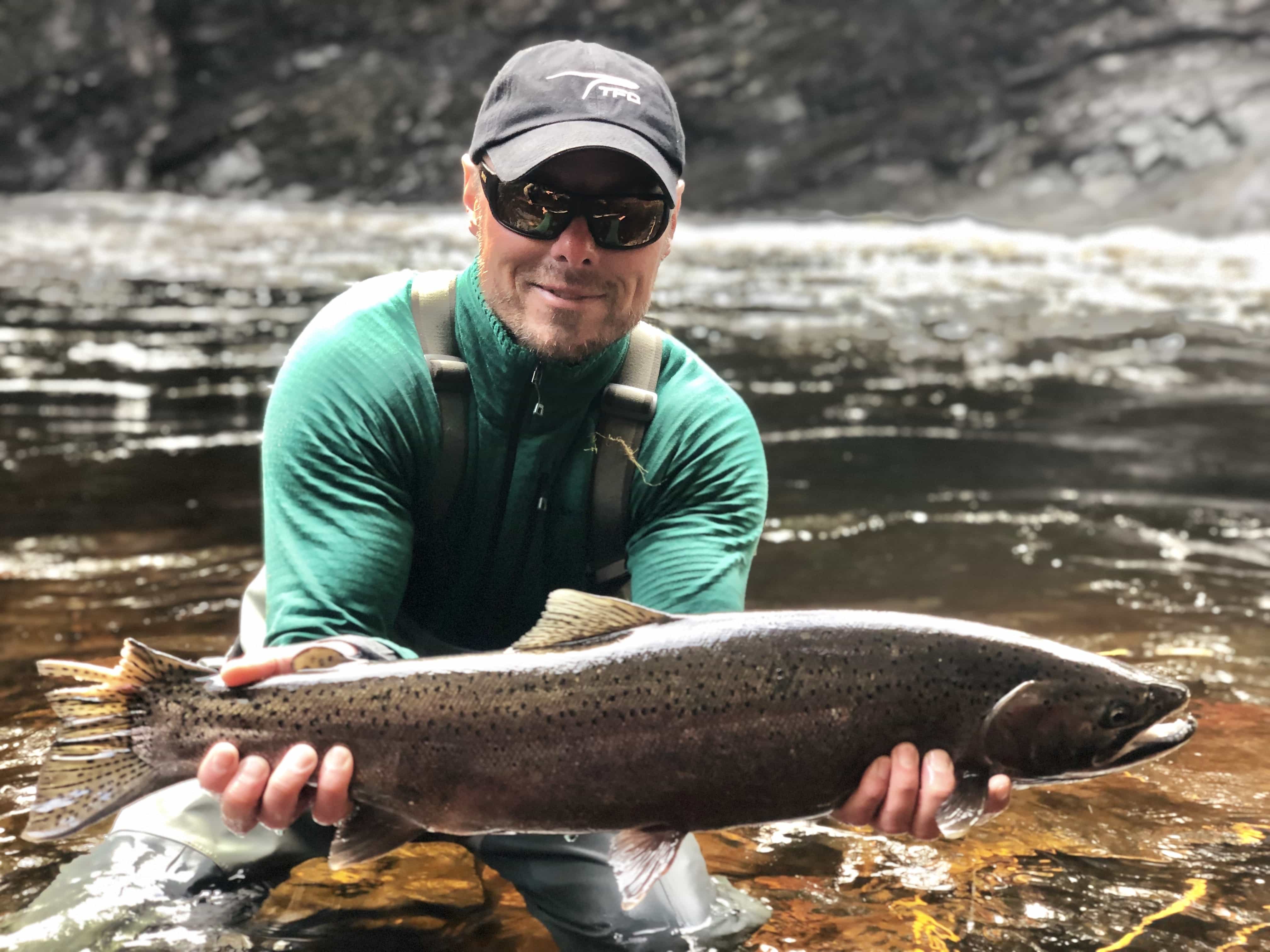
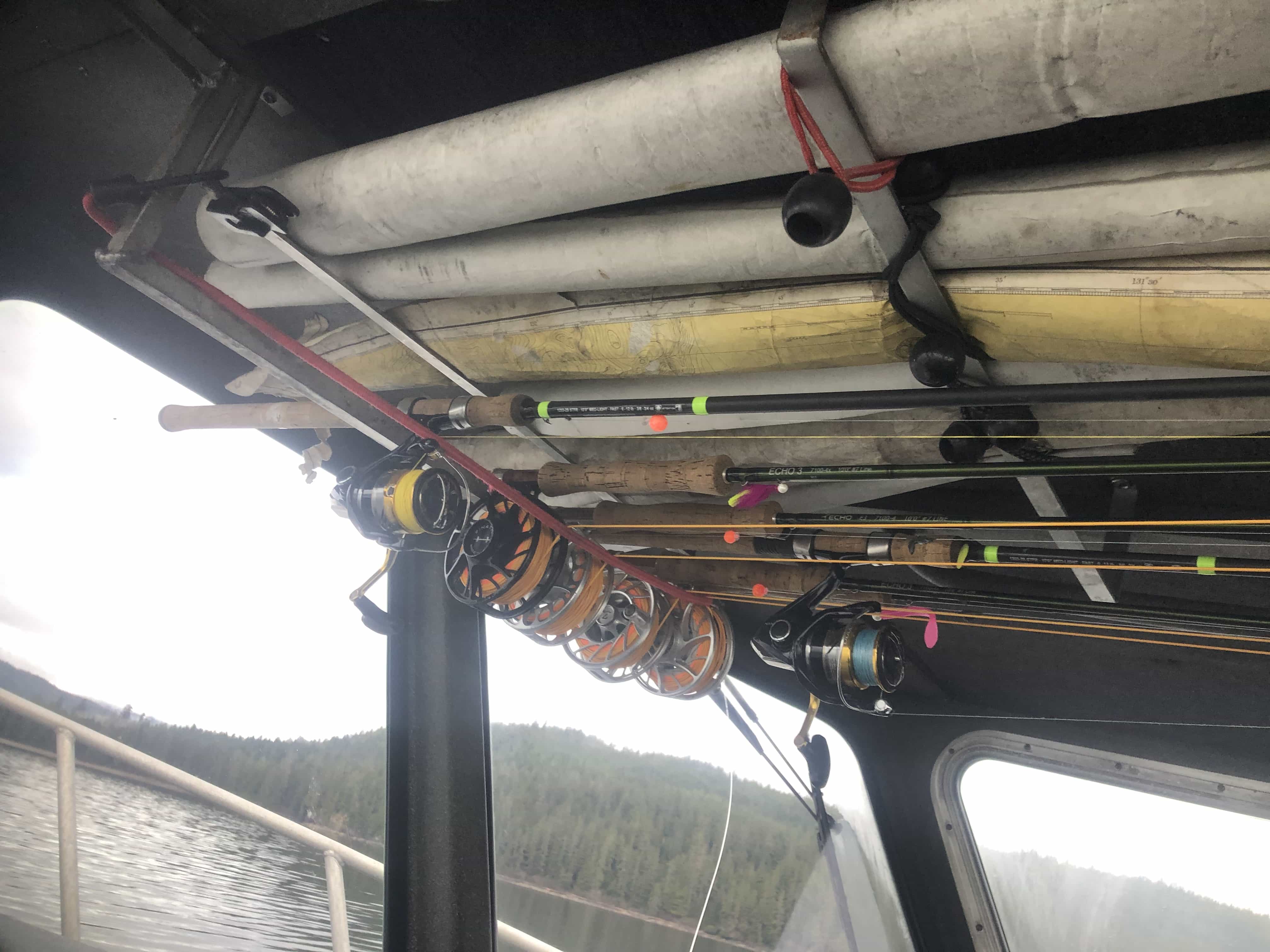
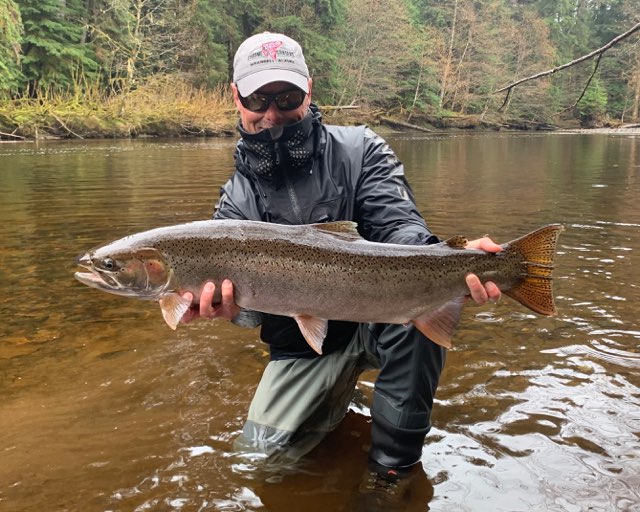
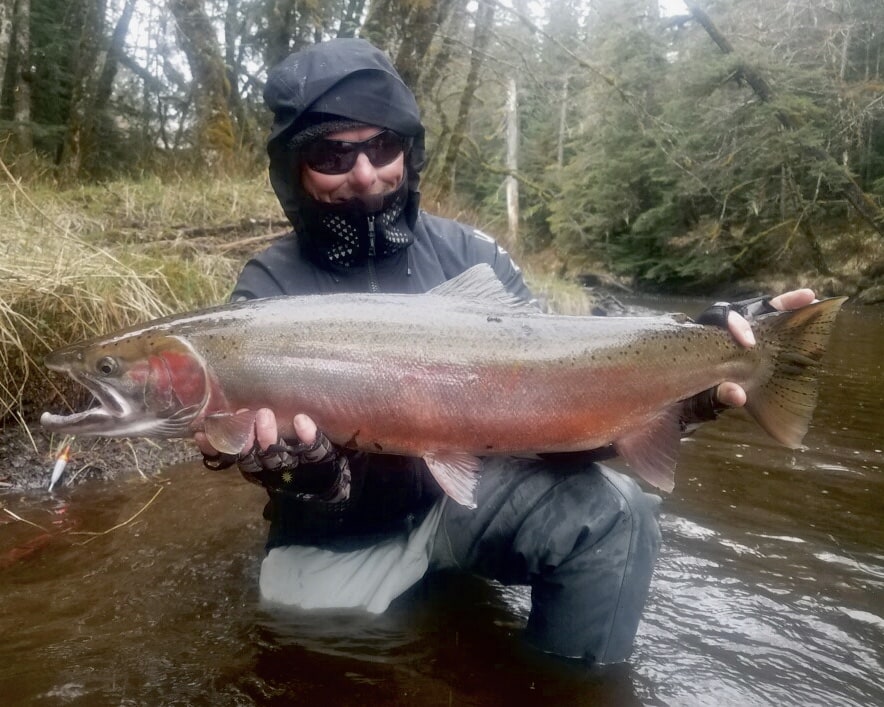
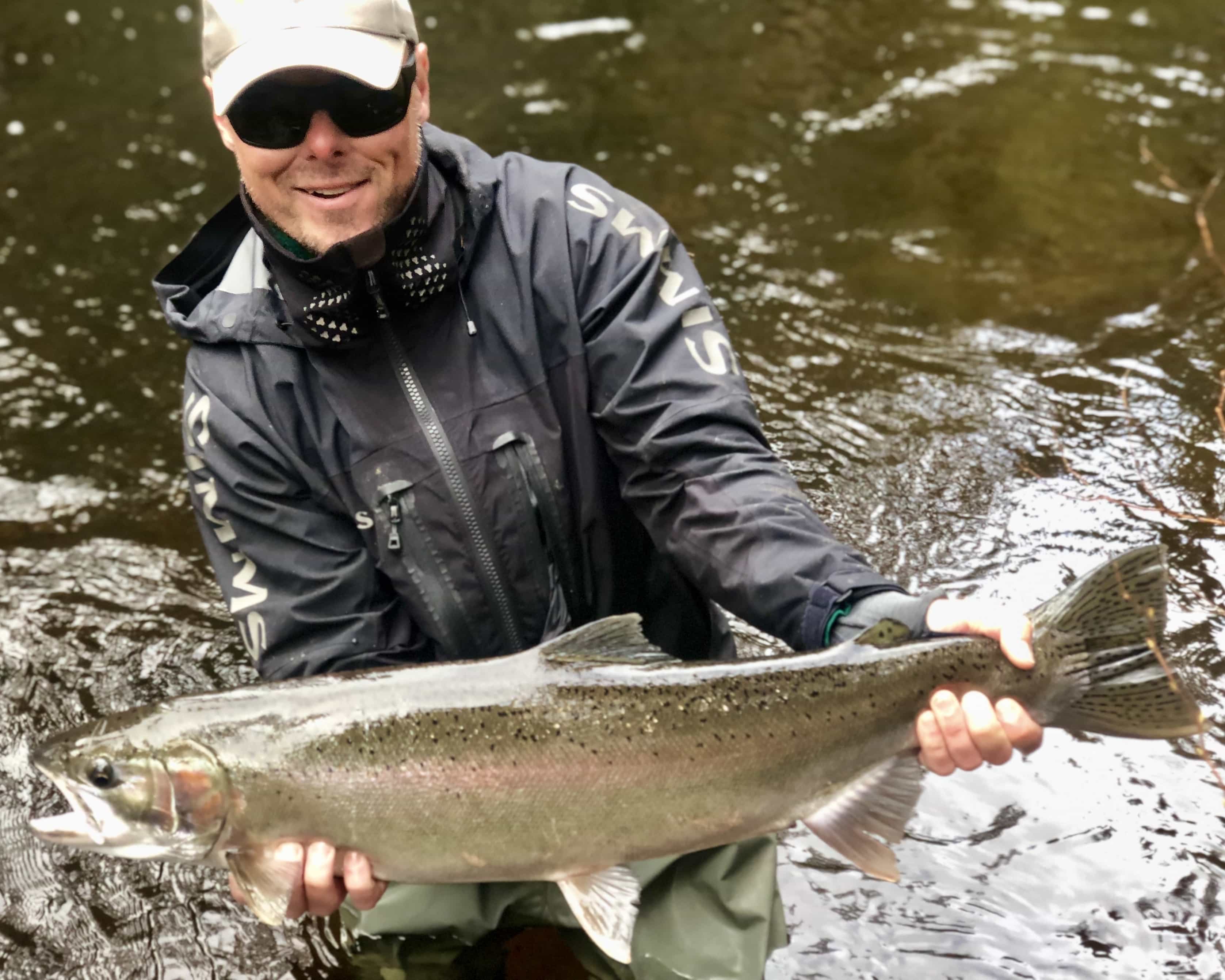
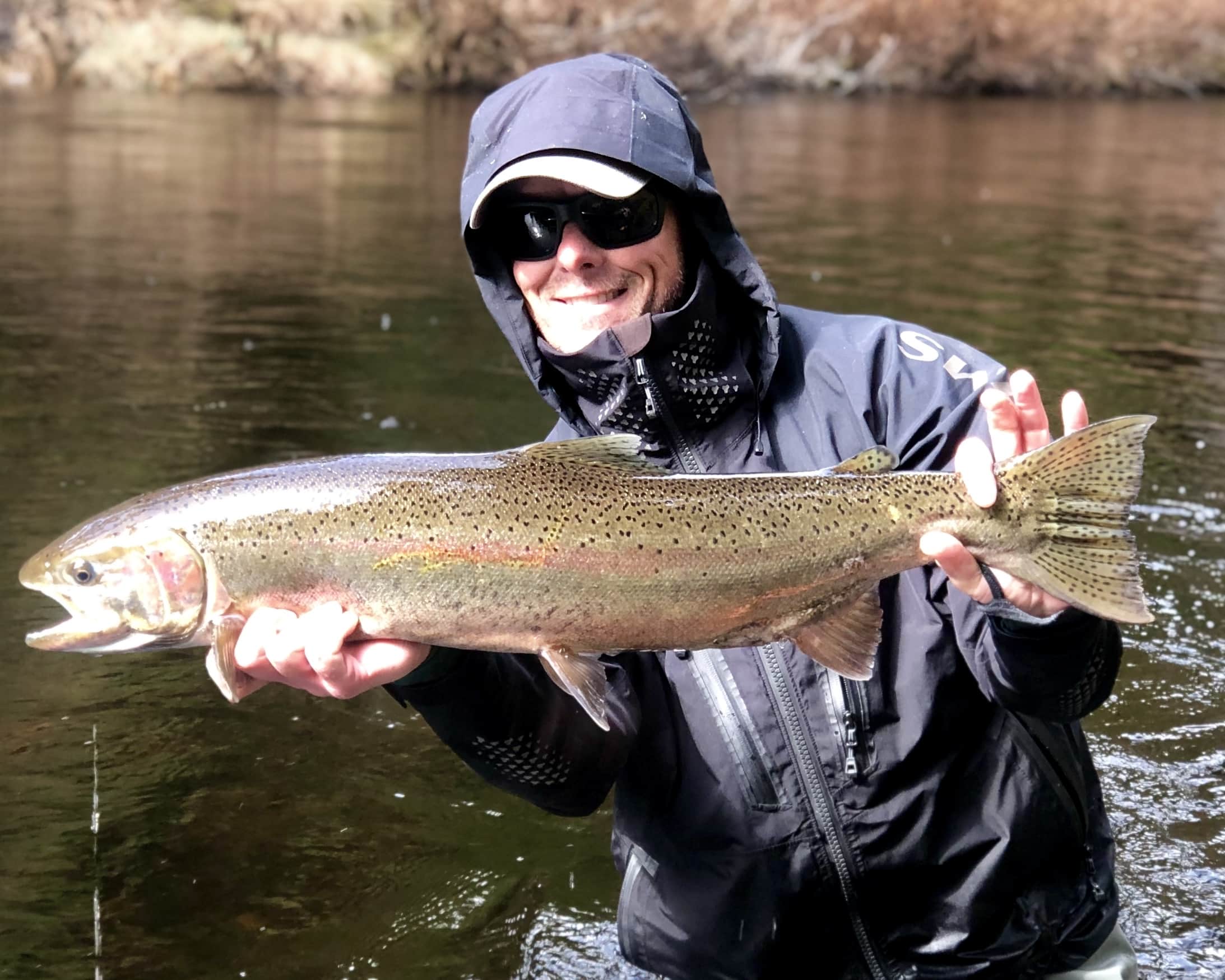
Conclusion
I felt privileged to witness the trials and tribulations of the Alaskan steelhead. Anyone who considers themselves an avid steelhead angler from the Great Lakes should make the pilgrimage to this corner of Alaska. You’ll gain a whole new appreciation for the lineage of our fish.
The excellence of the fishing aside, I felt equally privileged to be able to spend time with the Chrome Chasers team. I arrived a client and left considering those folks friends. I loved it so much, I’m planning to make my way back there in 2020. Stay tuned!
If you’re interested in experiencing this first hand, look the Chrome Chasers up by clicking here. Thanks for reading!
